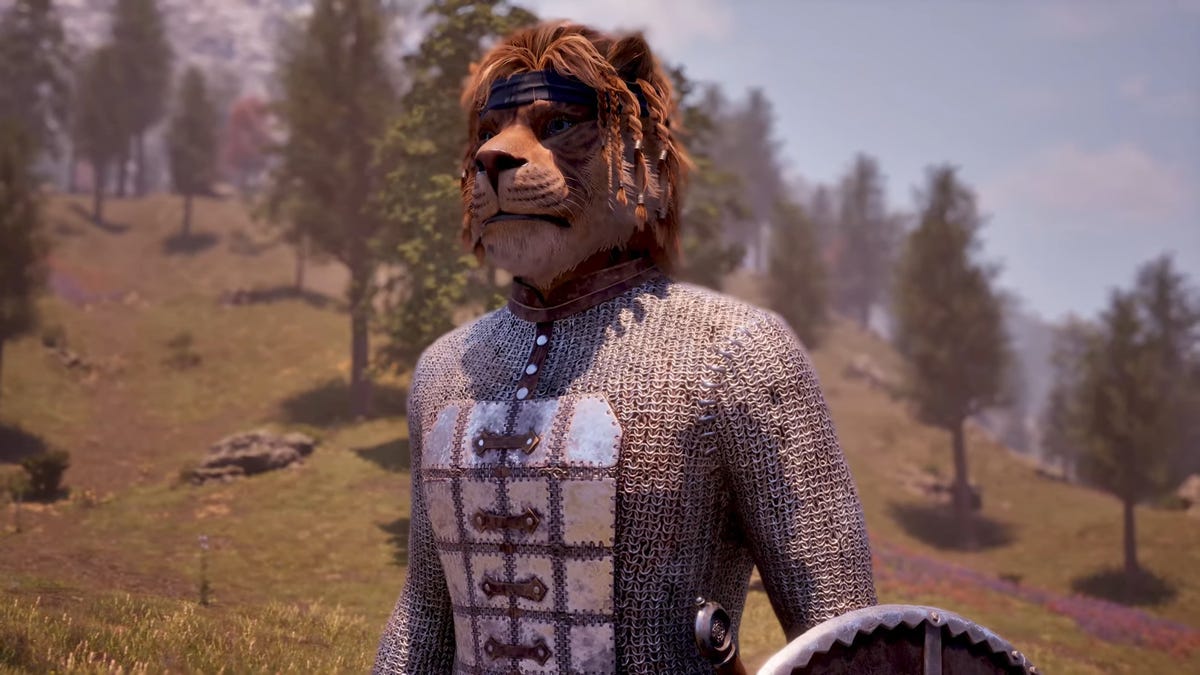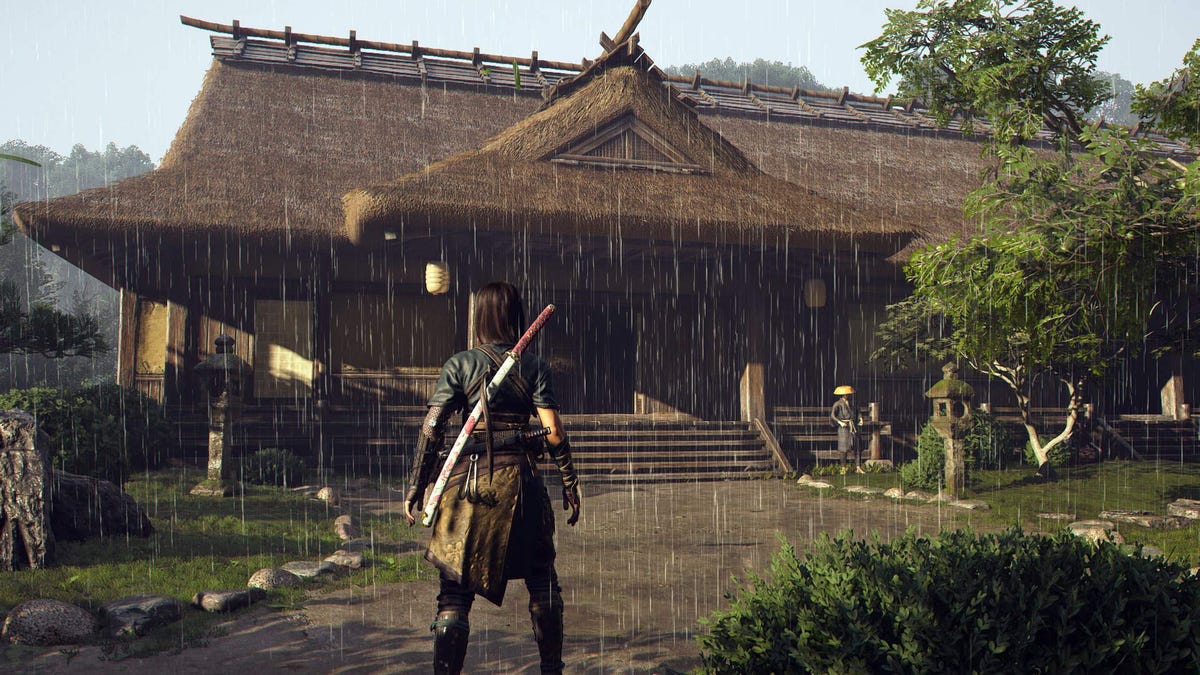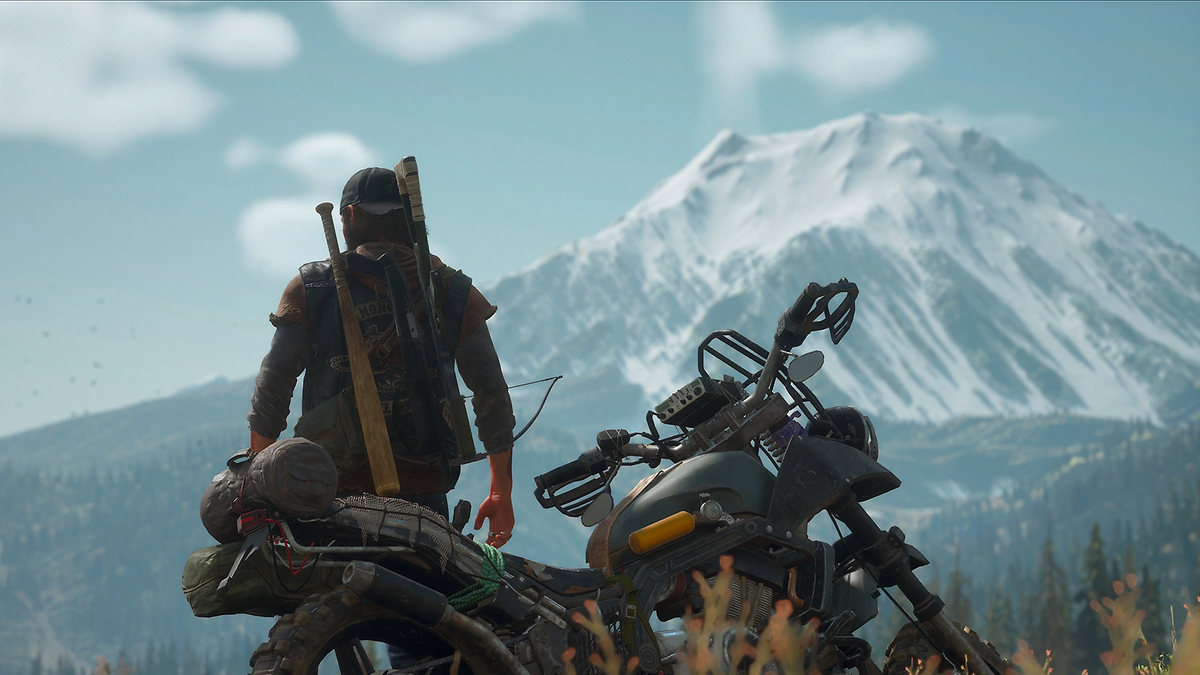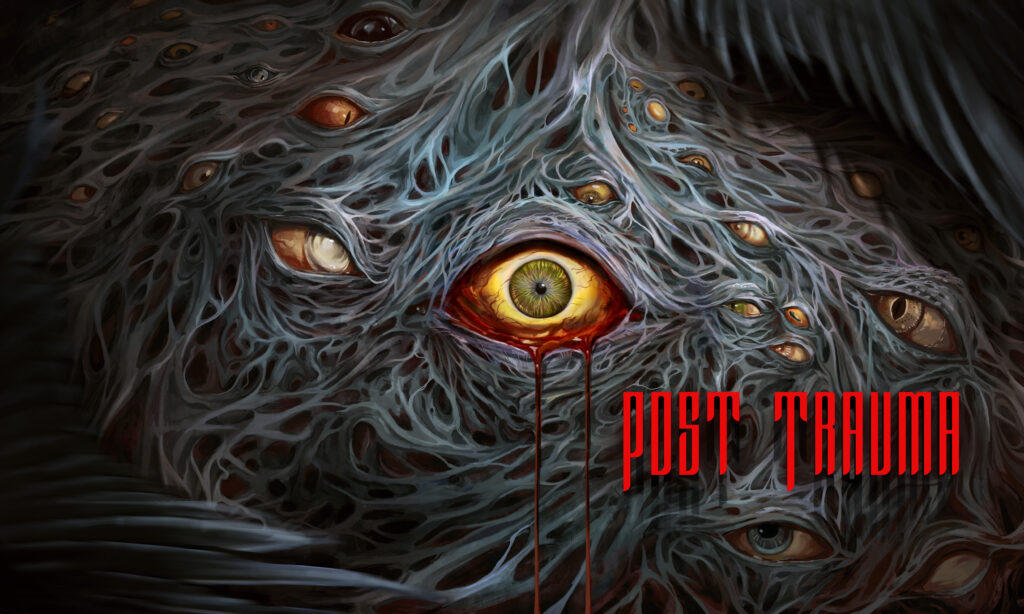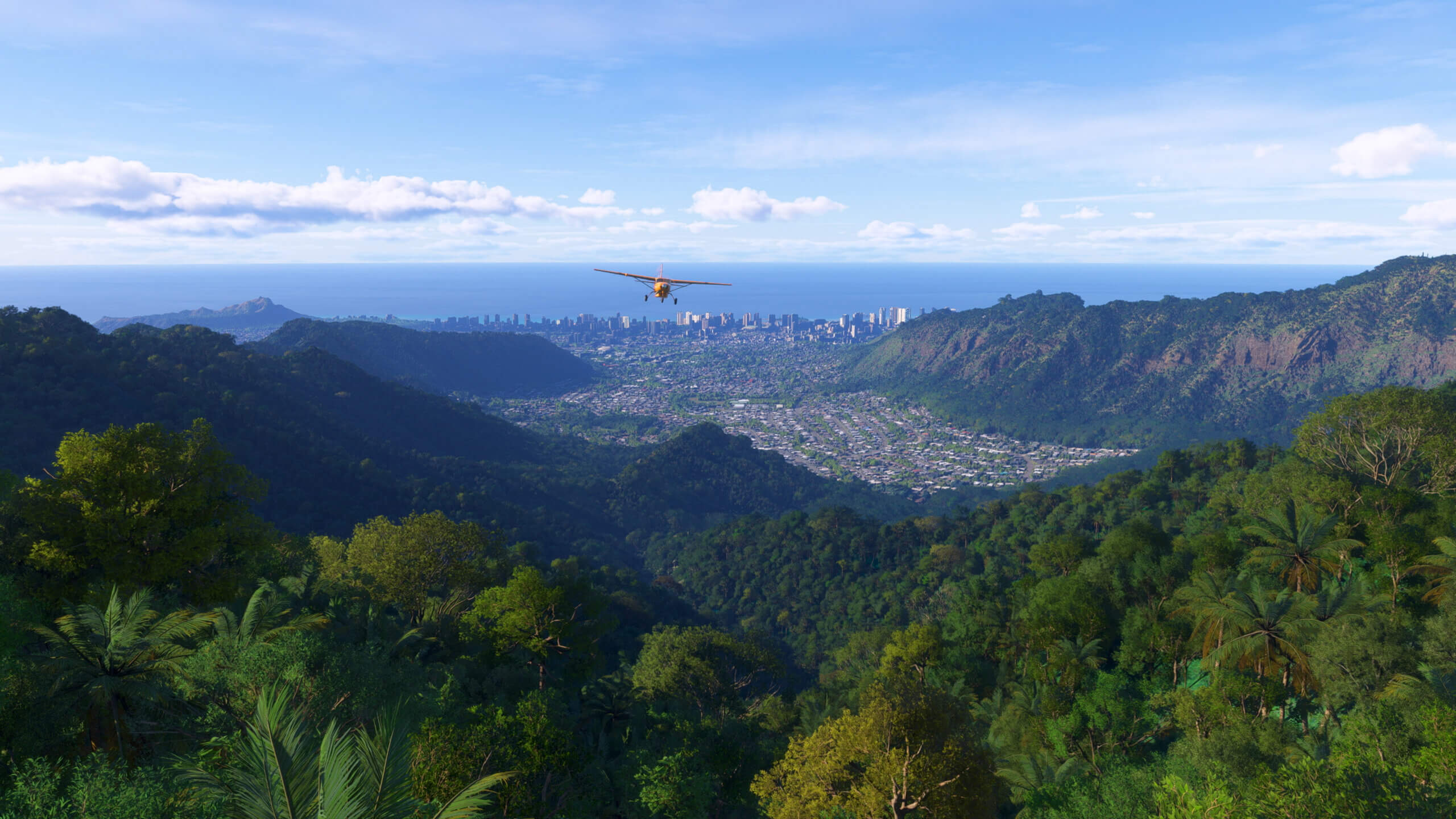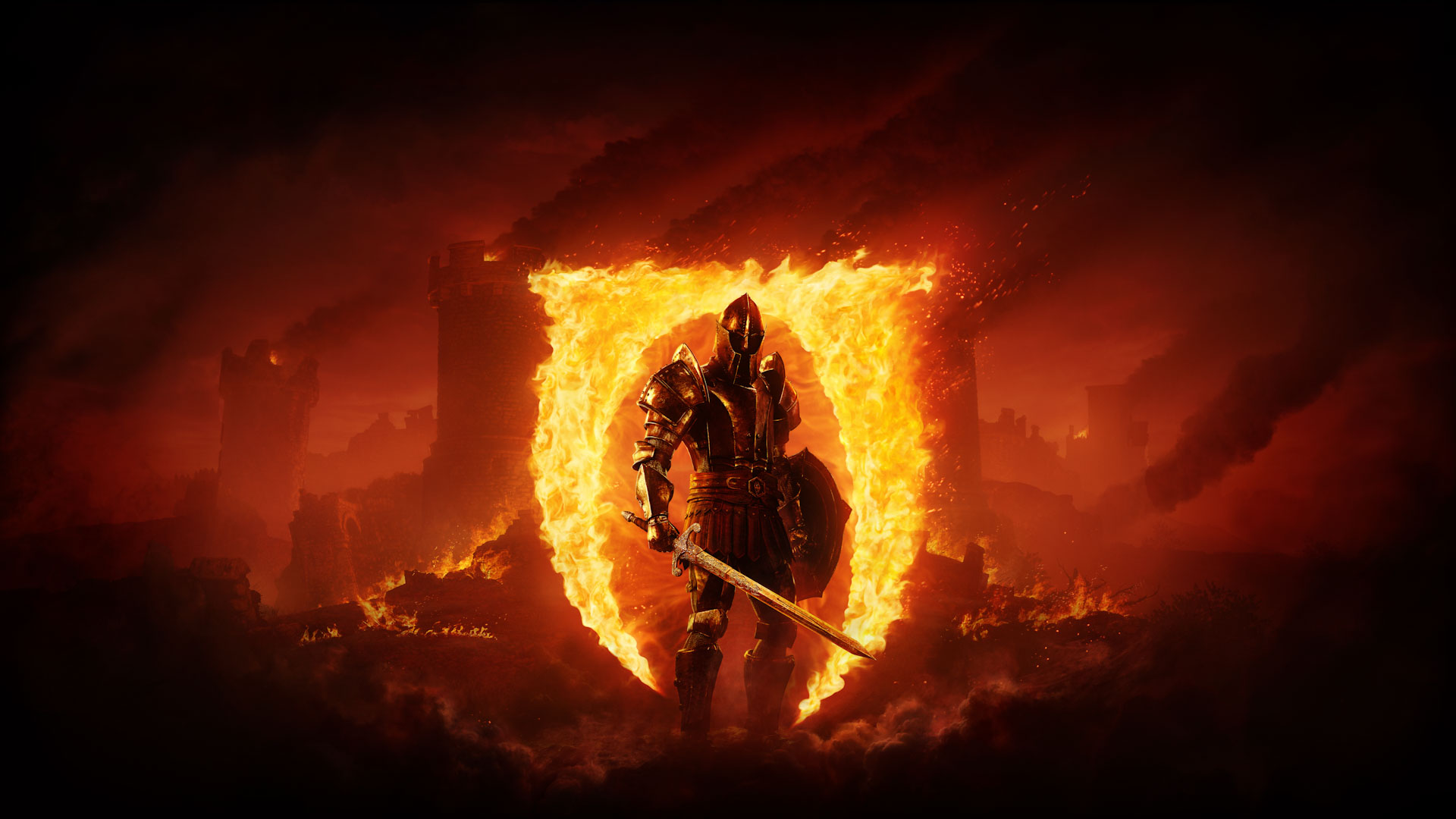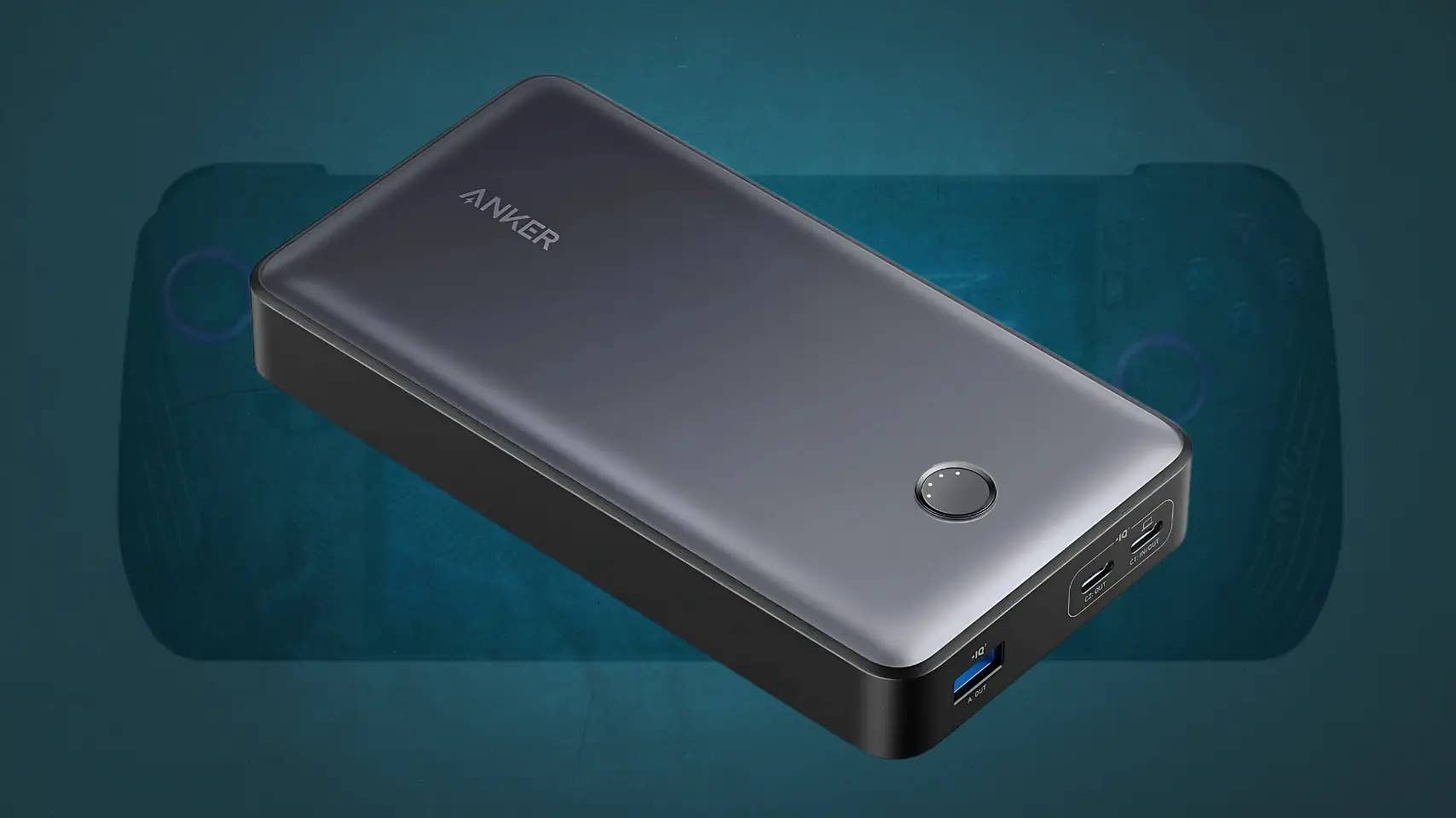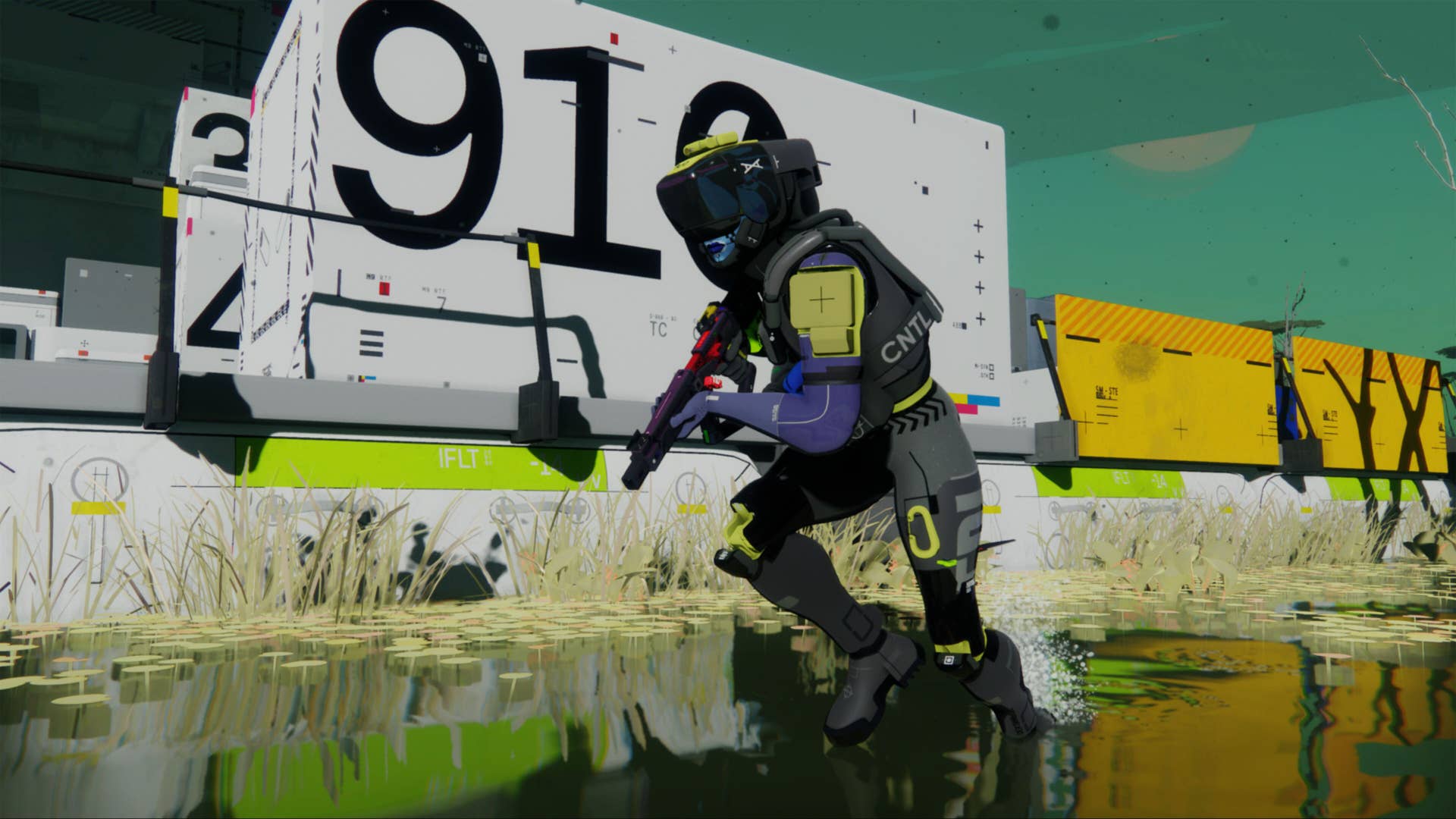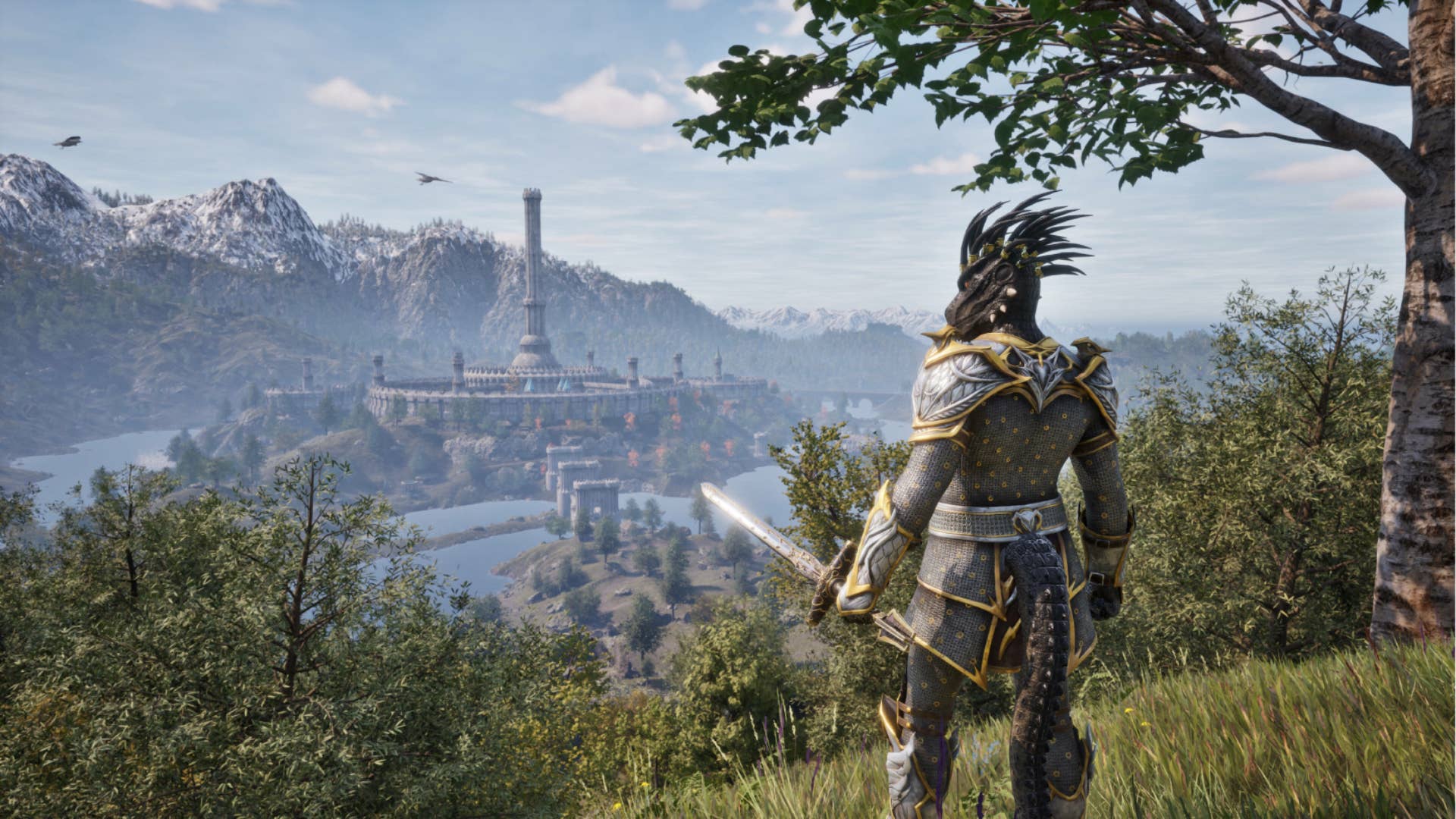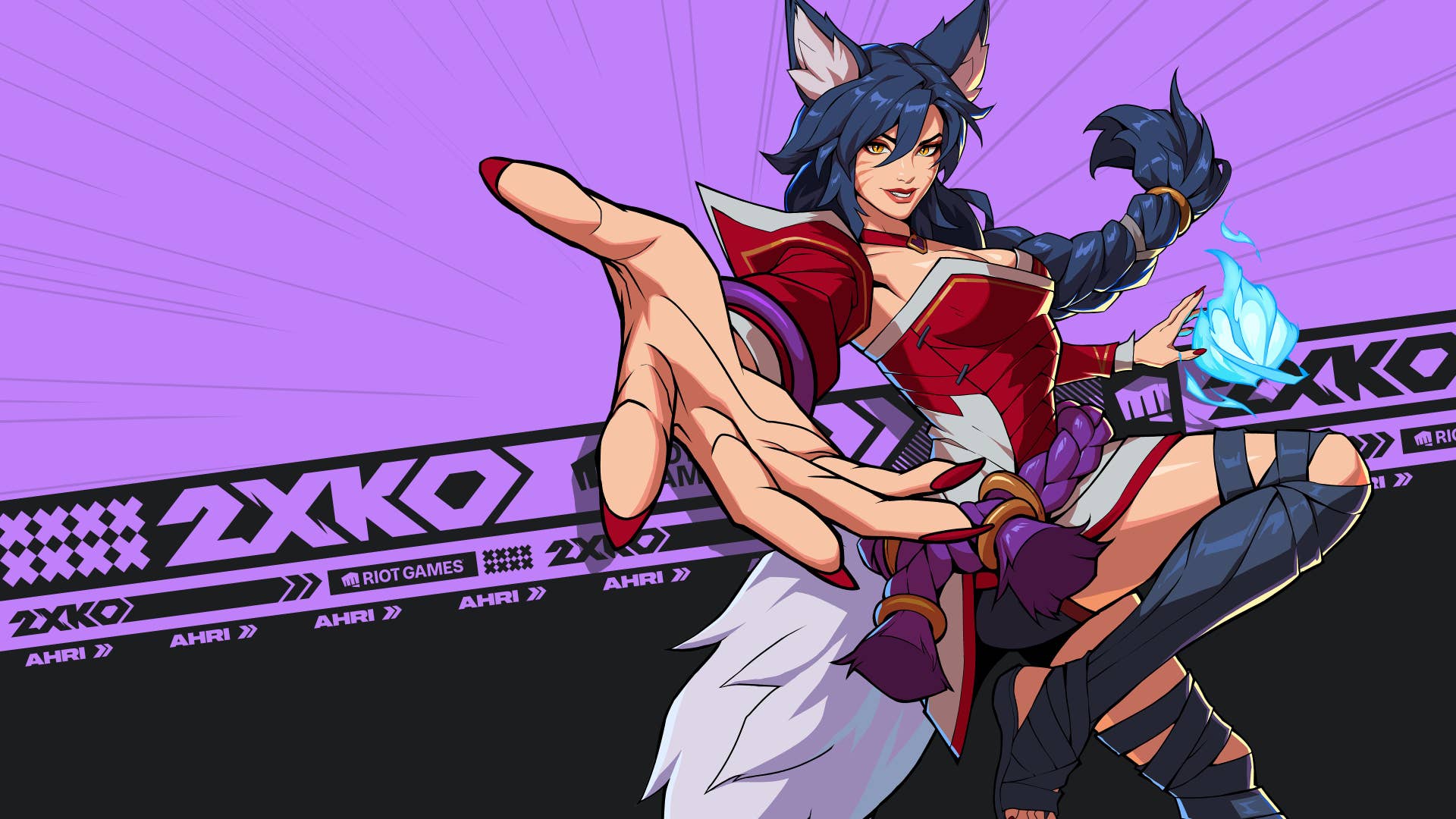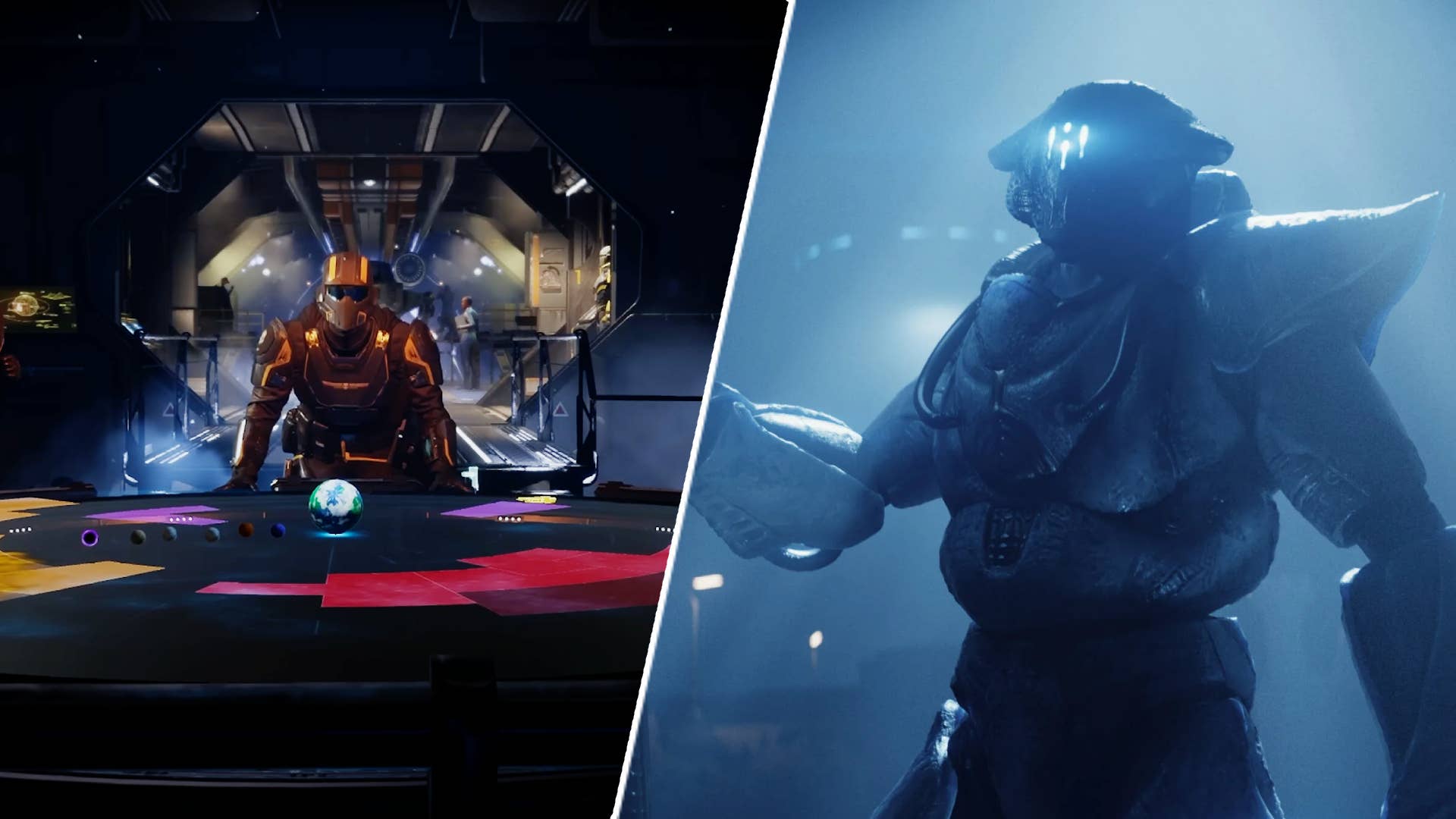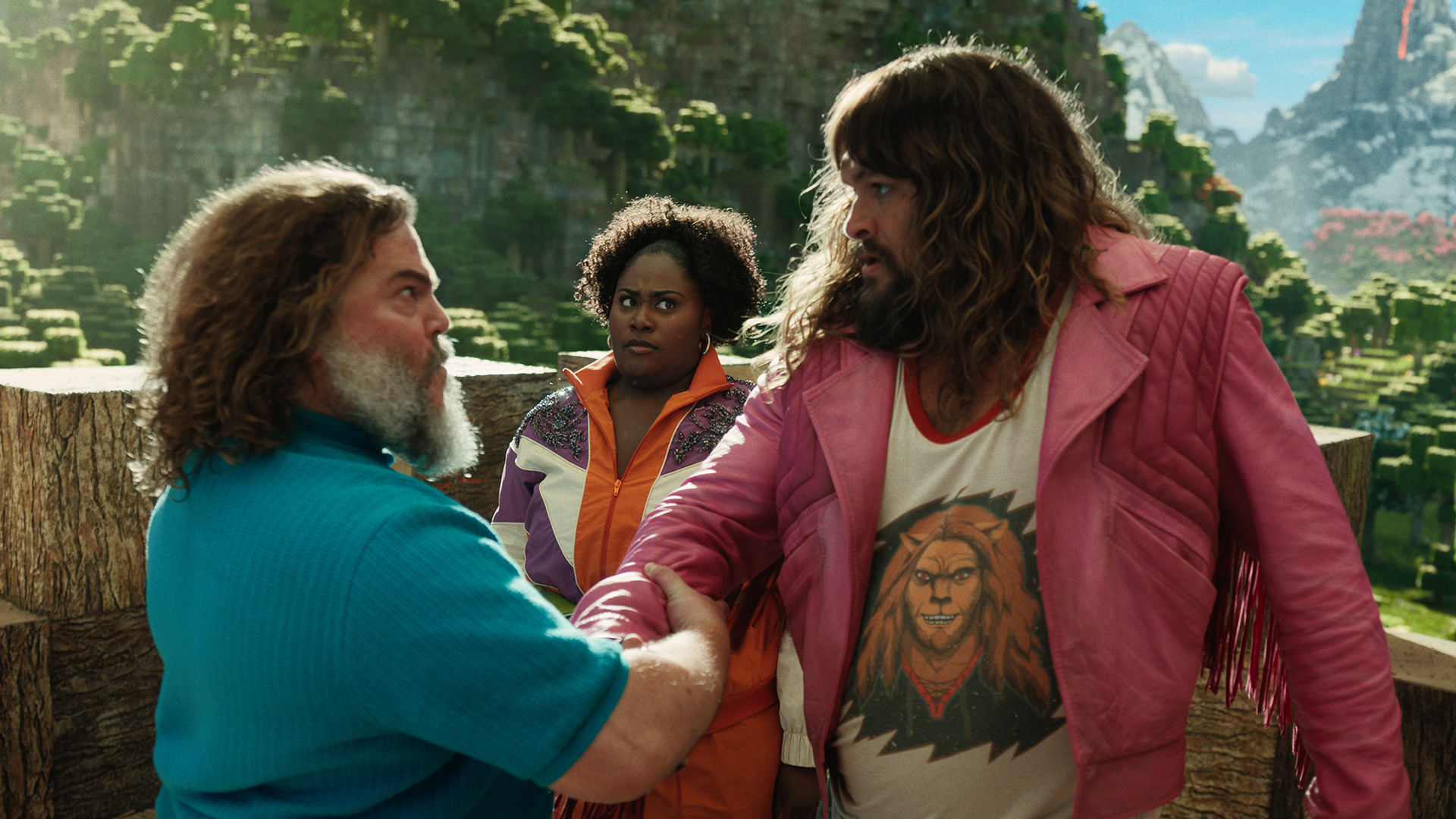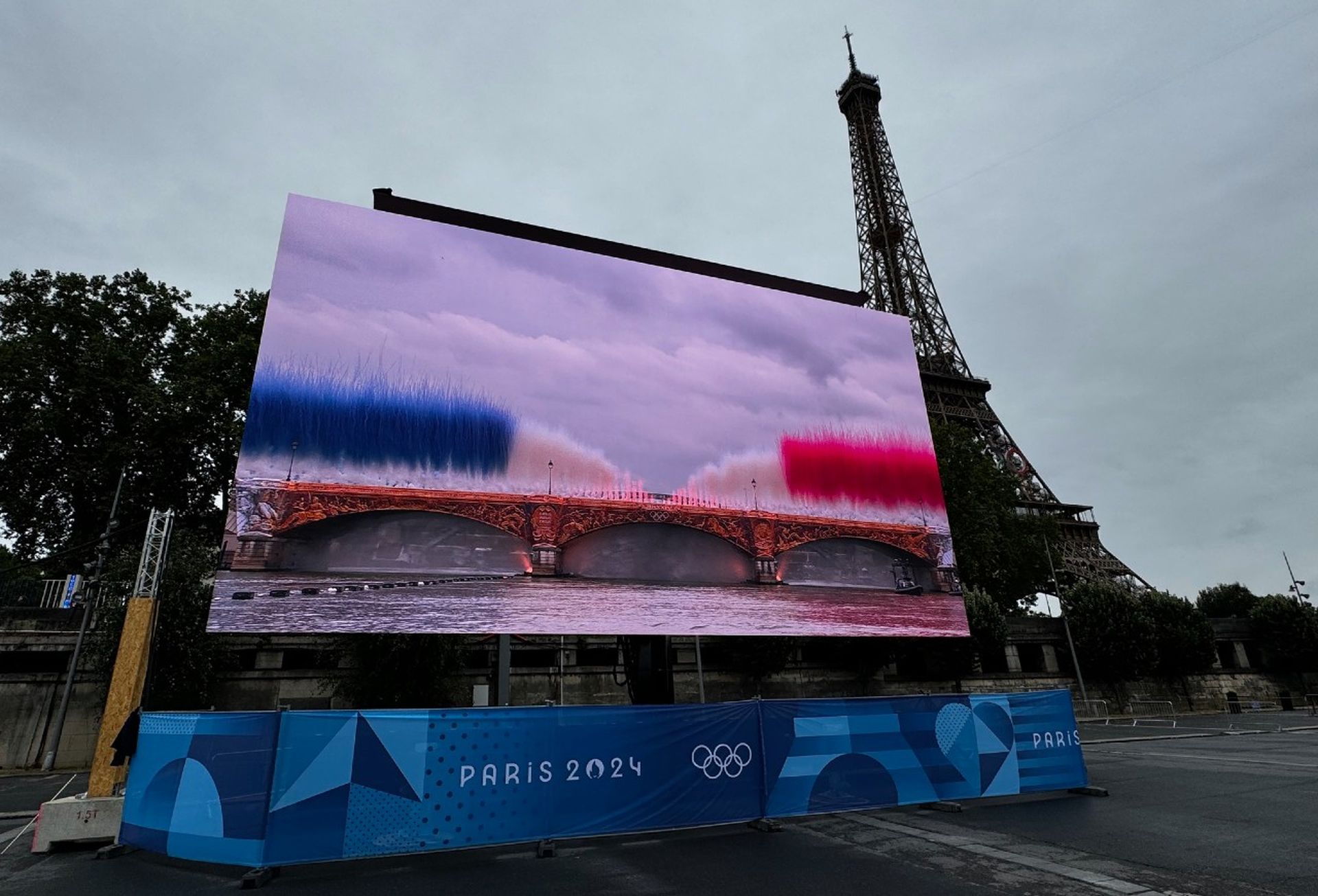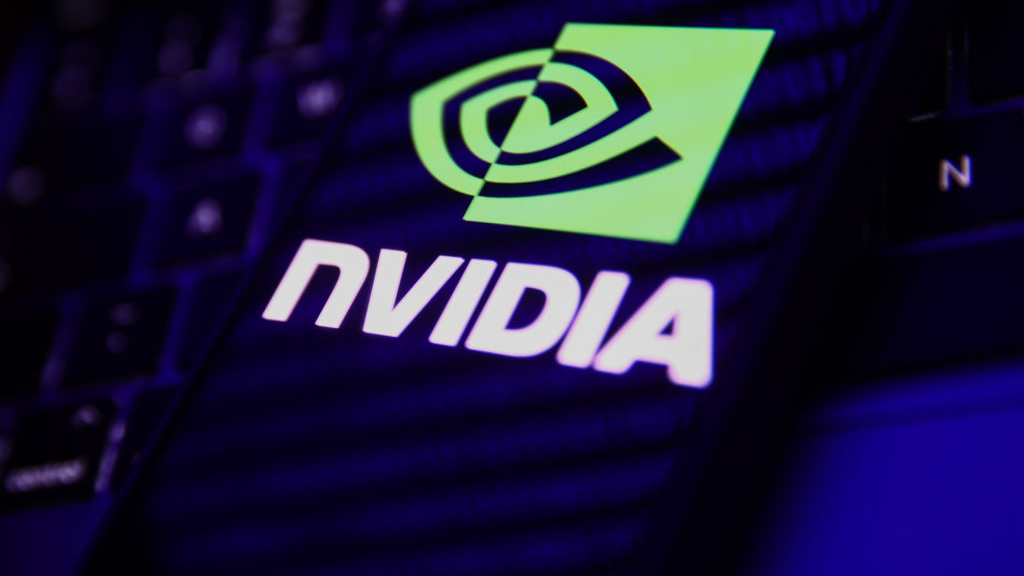ChatGPT just leveled up – so why is Sam Altman comparing AI to the Renaissance, not a revolution?
The road to AGI is more like the Renaissance than a revolution, according to Sam Altman.
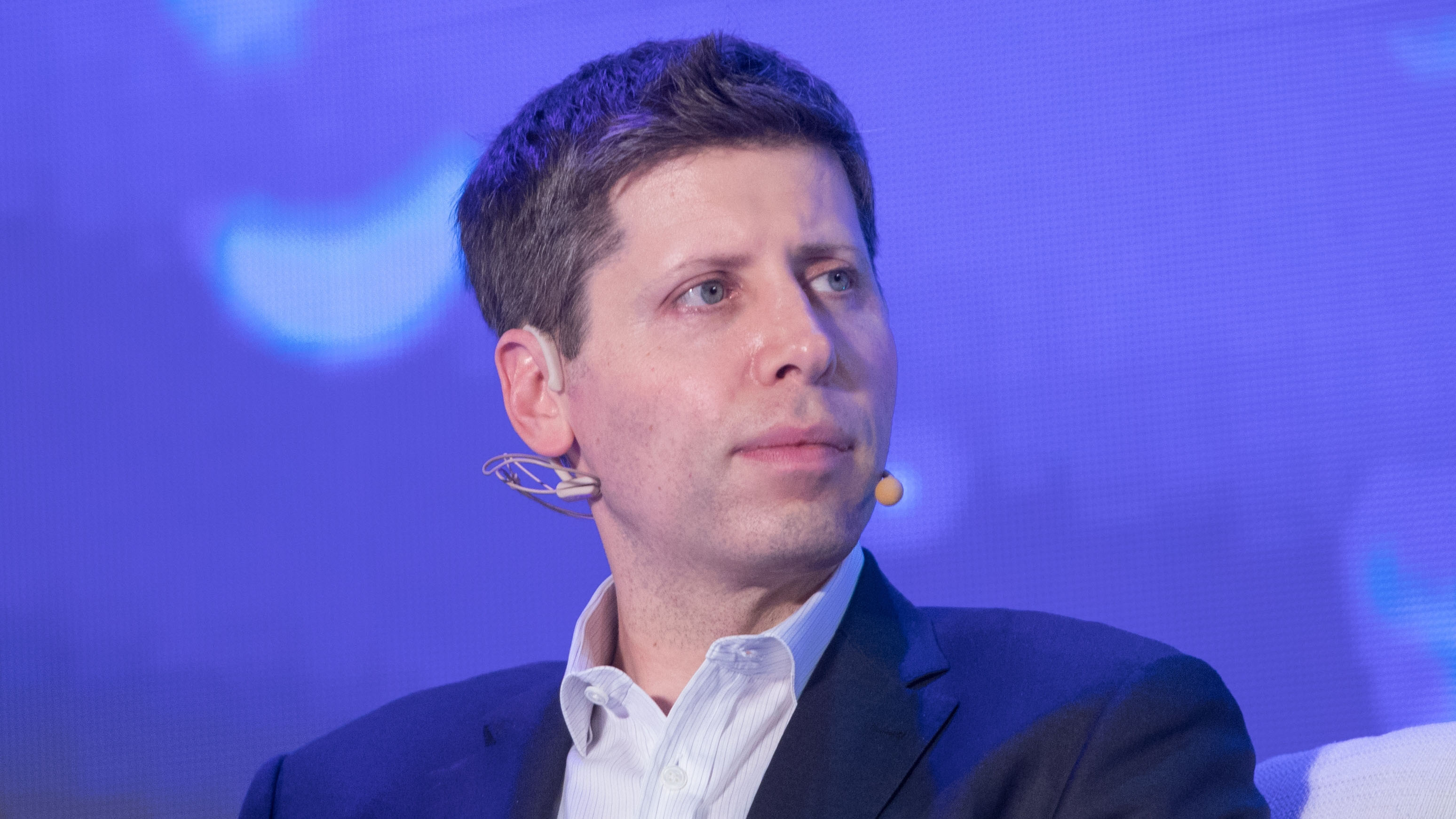
Sam Altman, CEO of OpenAI, is known for his sometimes ridiculously honest tweets, but one of his recent tweets has got a lot of people scratching their heads.
Last week, Altman tweeted, “I think this is gonna be more like the Renaissance than the Industrial Revolution.” Nobody is quite sure what he means, so let's break down what I think he's getting at.
i think this is gonna be more like the renaissance than the industrial revolutionApril 18, 2025
Rollercoaster ride
ChatGPT has been on a heck of a rollercoaster ride recently. OpenAI just released new o3 and o4-mini models which are available to all users and a new ChatGPT-4.5 model that is available to Plus and Pro subscribers.
These new models see some significant improvements over previous ChatGPT models, particularly regarding speed and their ability to solve multifaceted problems.
But the thing that has really boosted ChatGPT’s user base significantly over the last few weeks is its new native image generation. That’s the feature I’ve noticed my own friends, who don’t normally dabble in AI, starting to use ChatGPT for, particularly the trends for producing Studio Ghibli-like images and the action figure trend.
OpenAI estimates ChatGPT has crossed the 400 million weekly active users barrier since February. People are using ChatGPT in hugely creative ways because of it, and on the surface, that could be what Altman is referring to.
But I think there's more to it. I think Sam Altman sees AI as the thing that is going to usher in a new Golden Age for humanity. Let me explain why.
The pace of change
The Renaissance was a gradual unfolding of new ideas in art, architecture, science, and philosophy that happened in Europe in the 15th and 16th centuries, providing us with some of mankind's greatest works of art, like The Birth of Venus by Botticelli.
In contrast, the Industrial Revolution, which happened in the mid-18th century starting in Britain, saw a sudden shift in productivity, which transformed the entire country in favour of manufacturing goods, leading to rapid economic growth. It wasn't associated with any intellectual blossoming, and could quite easily be caricatured as having a negative effect on the lives of everyday people.
By comparing AI to the Renaissance, Altman could be saying that its effects will be gradual, rather than revolutionary; however, to me, it seems that there is nothing gradual about the pace of change that AI is leading.
What I think he’s getting at is that the change is more subtle and philosophical. AI is shaking things up rapidly, but it's leading to changes in how people think and how they see the world, rather than just new ways to do what we’ve already done more effectively.
A Messiah complex?
Like many incredibly successful tech leaders, it’s possible that Altman has a bit of a Messiah complex, but it's impossible to deny that he is shaping our future right now.
Reading his blog, you can see the same themes emerging, of AI leading to us having to reimagine what a human being is, particularly in his most recent entry called Three Observations.
“The world will not change all at once; it never does. Life will go on mostly the same in the short run, and people in 2025 will mostly spend their time in the same way they did in 2024. We will still fall in love, create families, get in fights online, hike in nature, etc.”, writes Altman.
But he realises that there are going to be human casualties in terms of jobs in his new AI future, and he wants us to start thinking about what it is that humans actually do, or can do, right now.
“But the future will be coming at us in a way that is impossible to ignore, and the long-term changes to our society and economy will be huge. We will find new things to do, new ways to be useful to each other, and new ways to compete, but they may not look very much like the jobs of today. “

A new Golden Age of AGI
After a long period of cultural decline and stagnation, which are perhaps unfairly referred to as the Dark Ages by various historians, the Renaissance ushered in a new Golden Age of cultural flourishing.
AGI (Artificial General Intelligence) remains the goal for OpenAI, and Altman could very well be right that a new Golden Age is on the way because of it. Perhaps we will look back at this era of AI evolution leading to AGI as more of a Renaissance than a revolution.
Today’s problems with social media and fake news could be looked at as our own digital Dark Ages, and I’d love Altman to be right and that the progress of AI towards AGI will lead to a new Golden Age of peace, prosperity and stability for mankind, but I think it's still too early to call it.
Many are convinced that AGI could even lead to the end of humanity.
Of course, time will tell. Let's just hope we are still here in a decade to look back and decide if Sam Altman was right or wrong.
_Weyo_alamy.png?width=1280&auto=webp&quality=80&disable=upscale#)






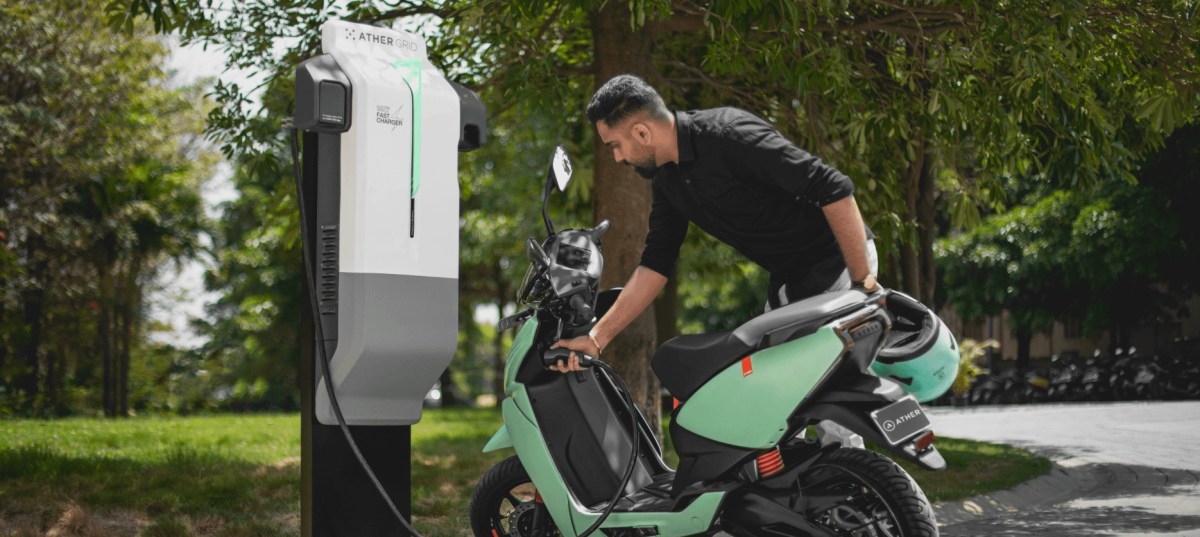












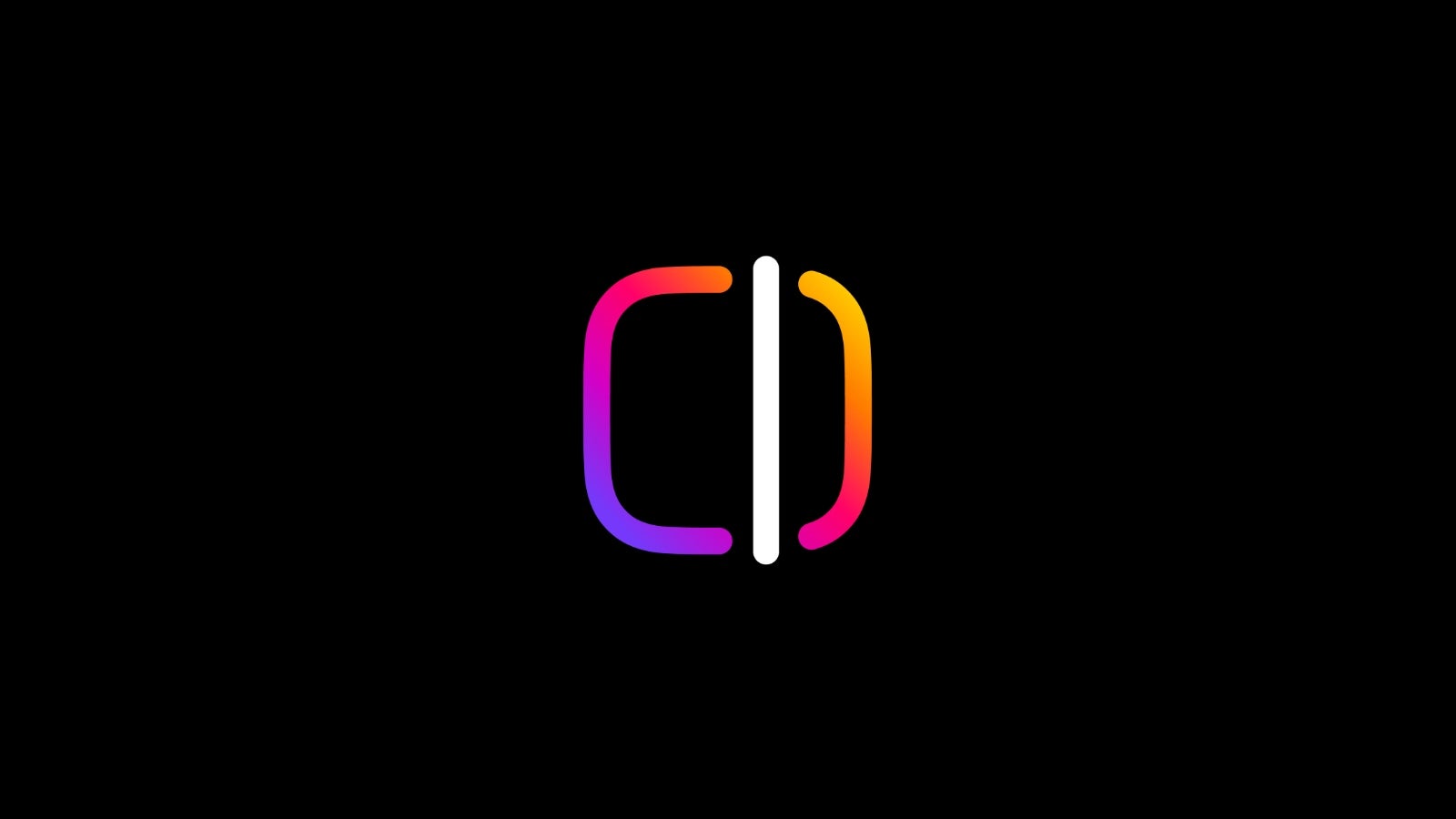
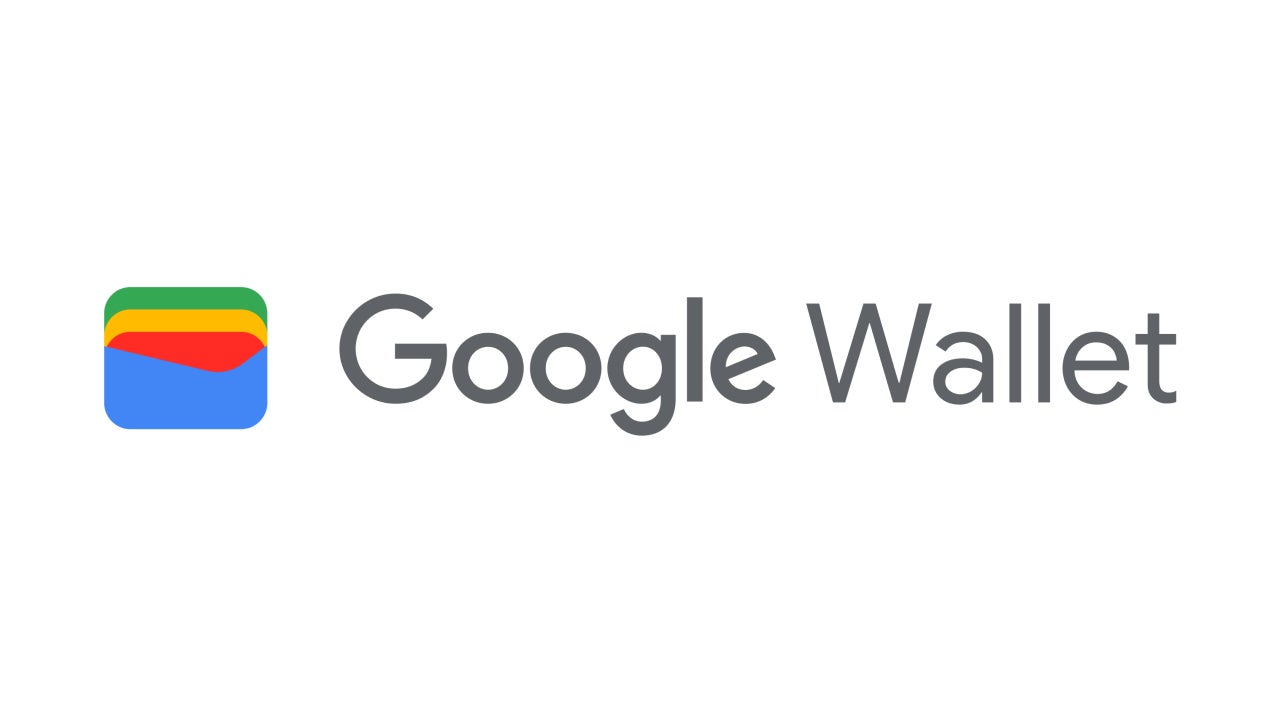
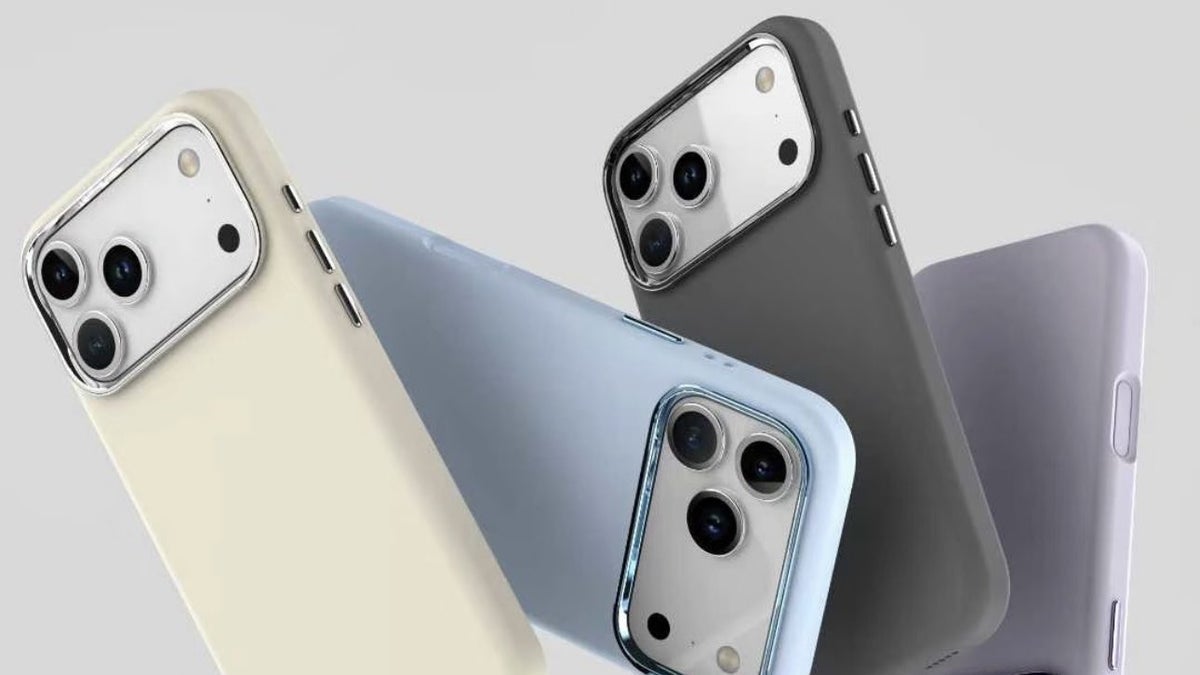
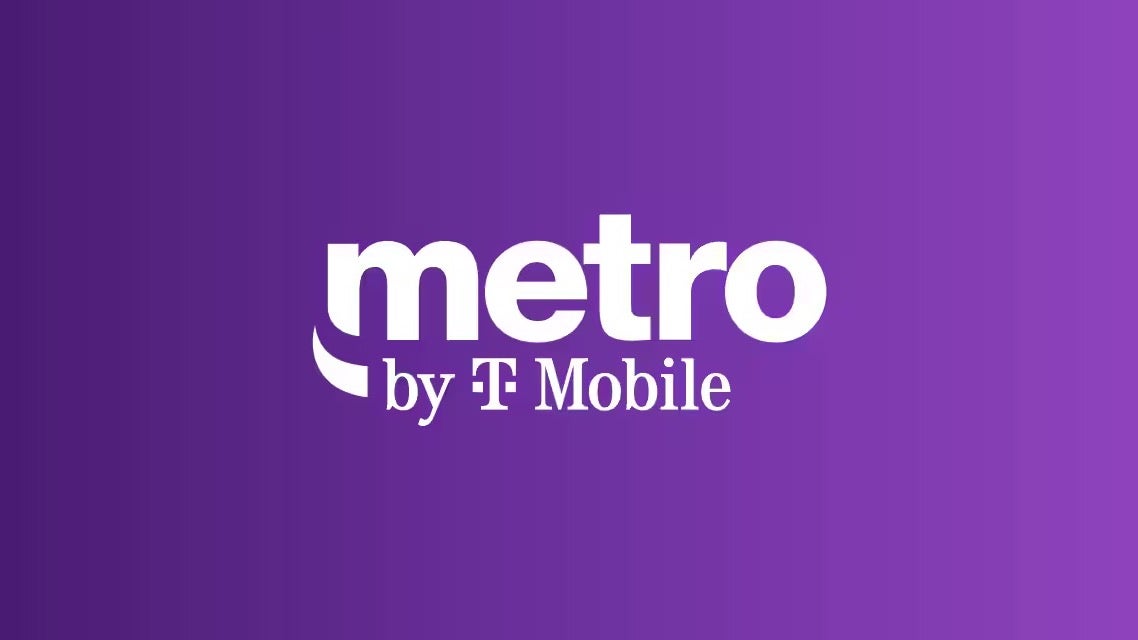




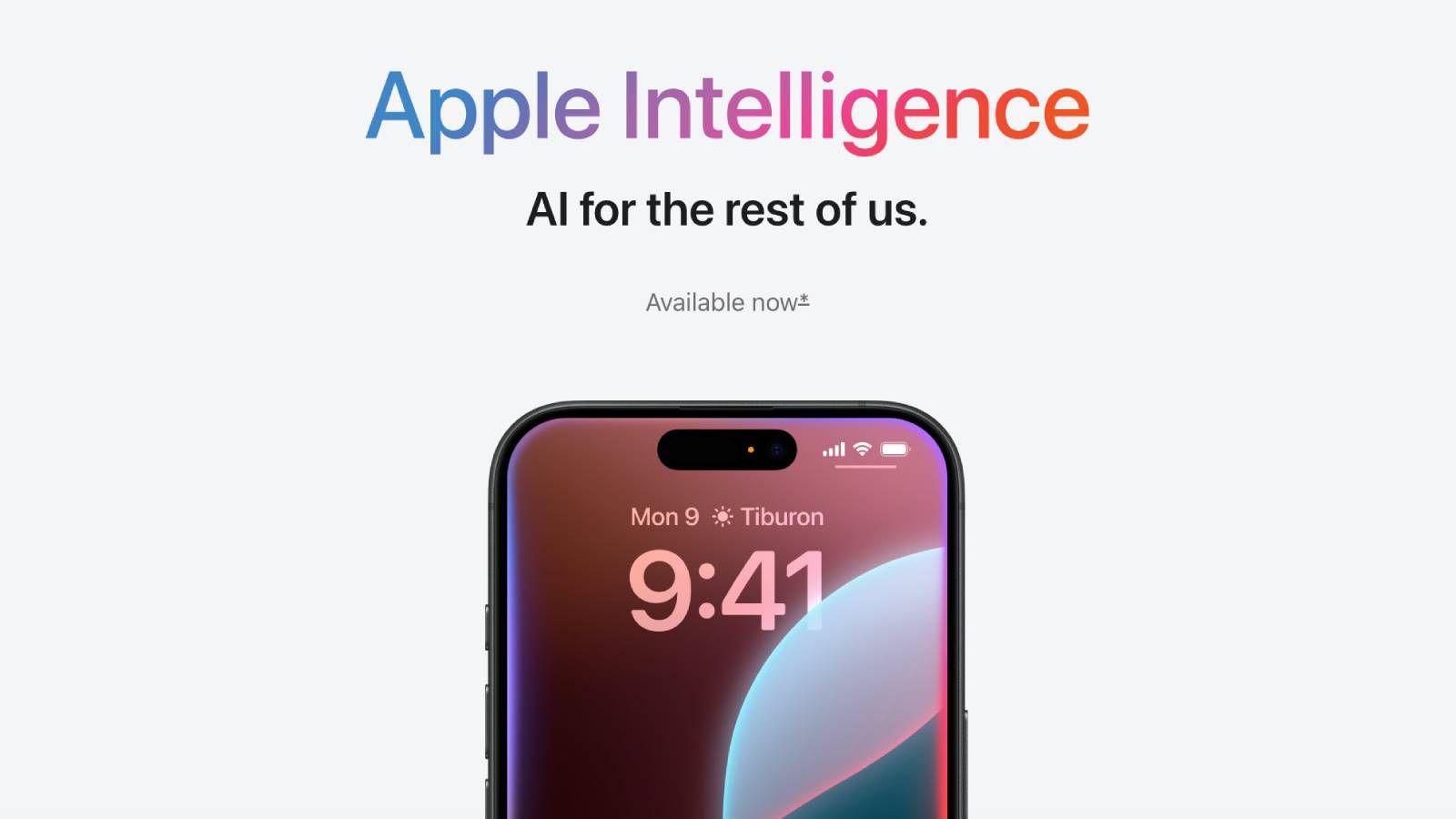
















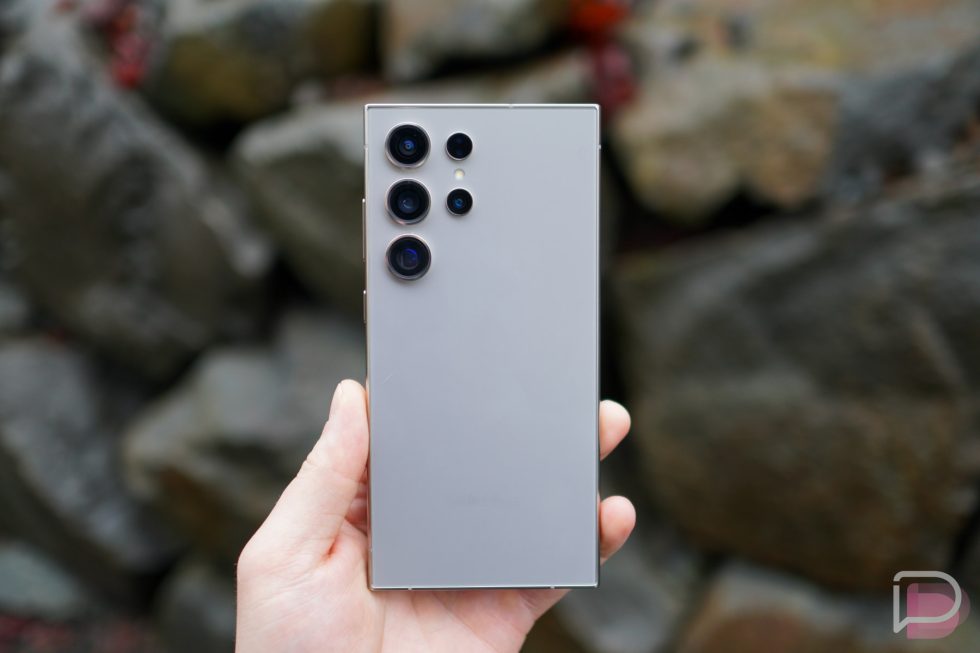
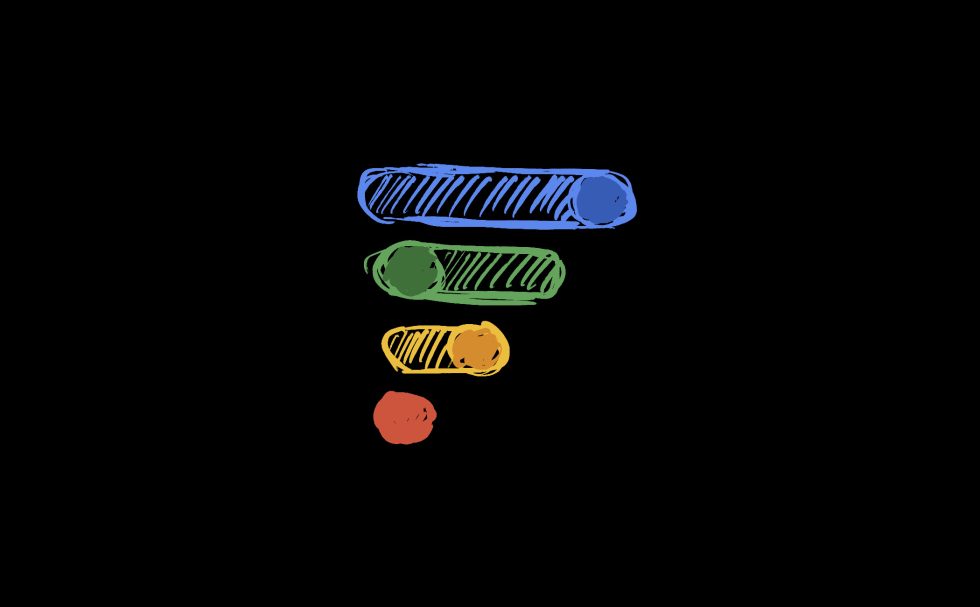
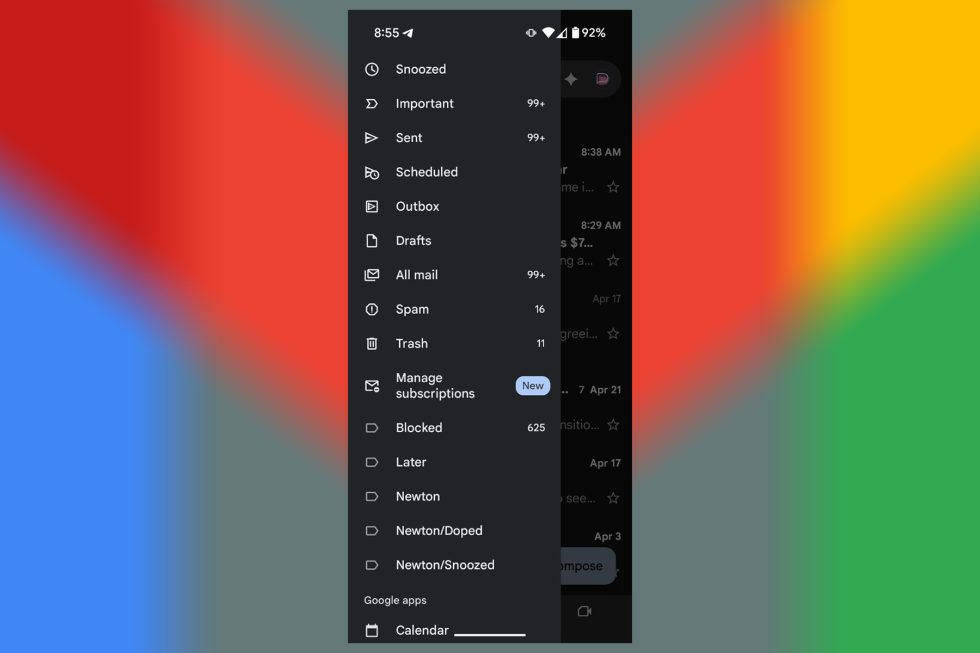
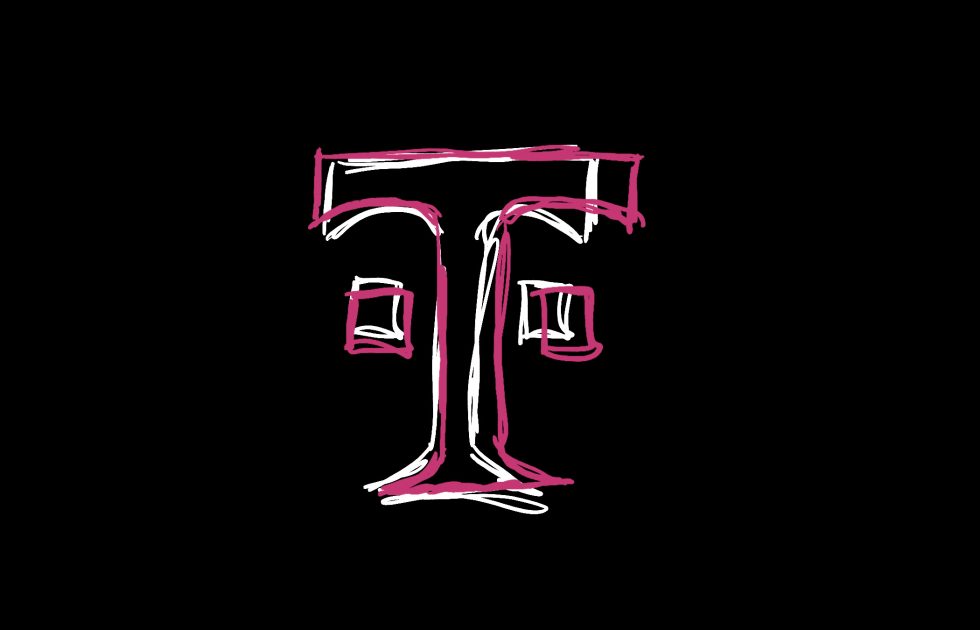


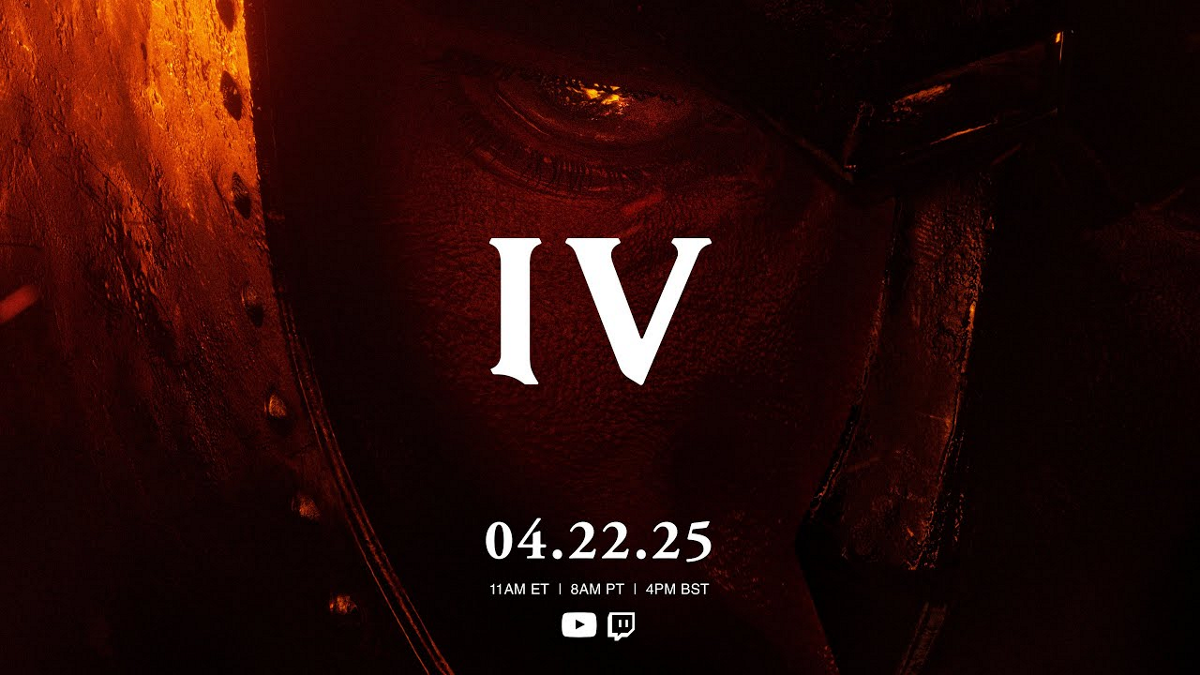
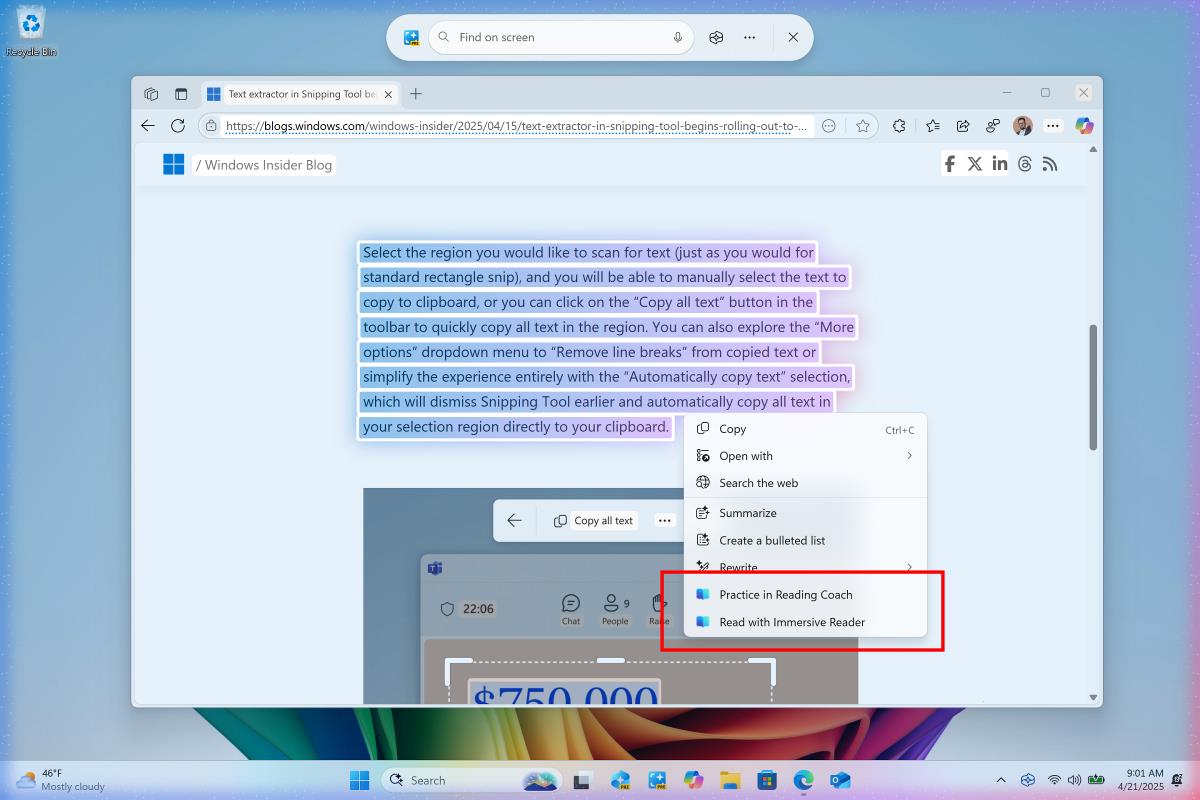
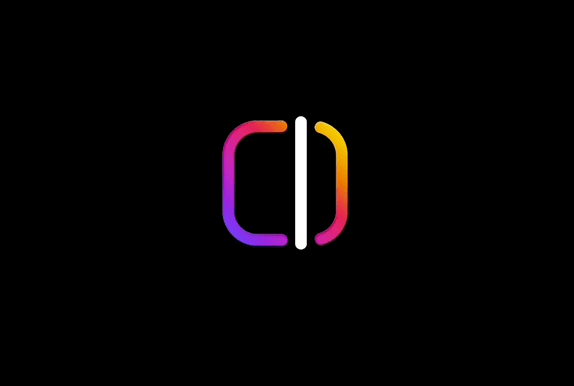



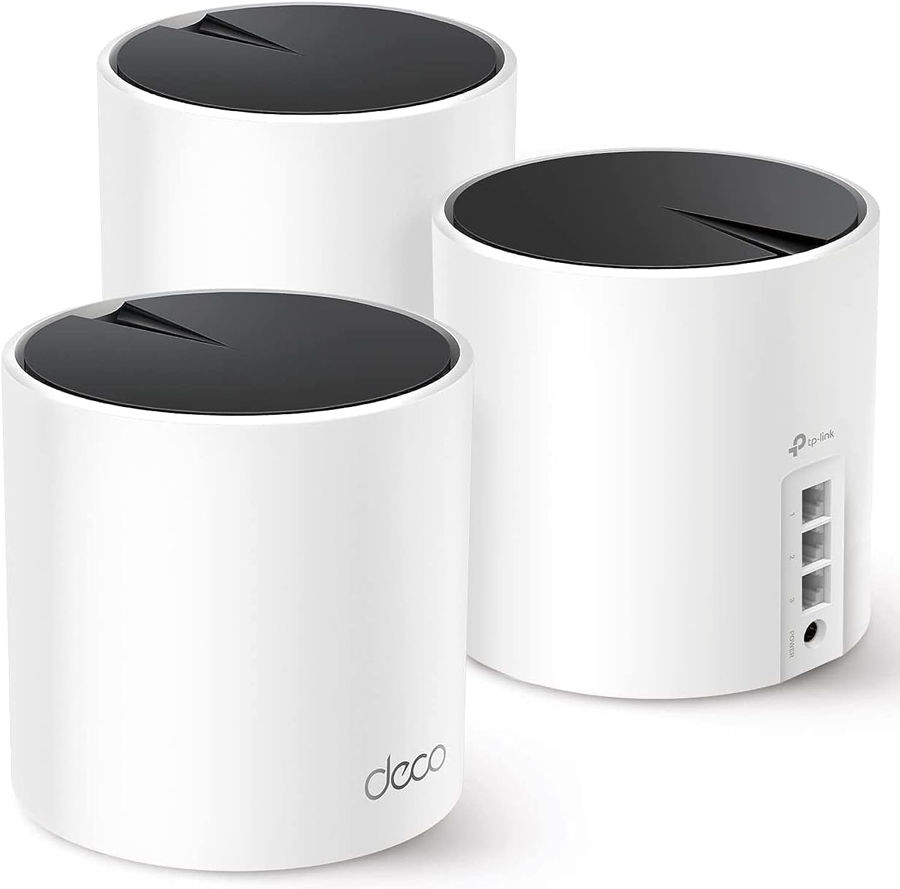










![Apple Releases Public Beta 2 of iOS 18.5, iPadOS 18.5, macOS Sequoia 15.5 [Download]](https://www.iclarified.com/images/news/97094/97094/97094-640.jpg)
![Mac Shipments Up 17% in Q1 2025 Fueled by New M4 MacBook Air [Chart]](https://www.iclarified.com/images/news/97086/97086/97086-640.jpg)
![Apple iPhone 17 Pro May Come in 'Sky Blue' Color [Rumor]](https://www.iclarified.com/images/news/97088/97088/97088-640.jpg)


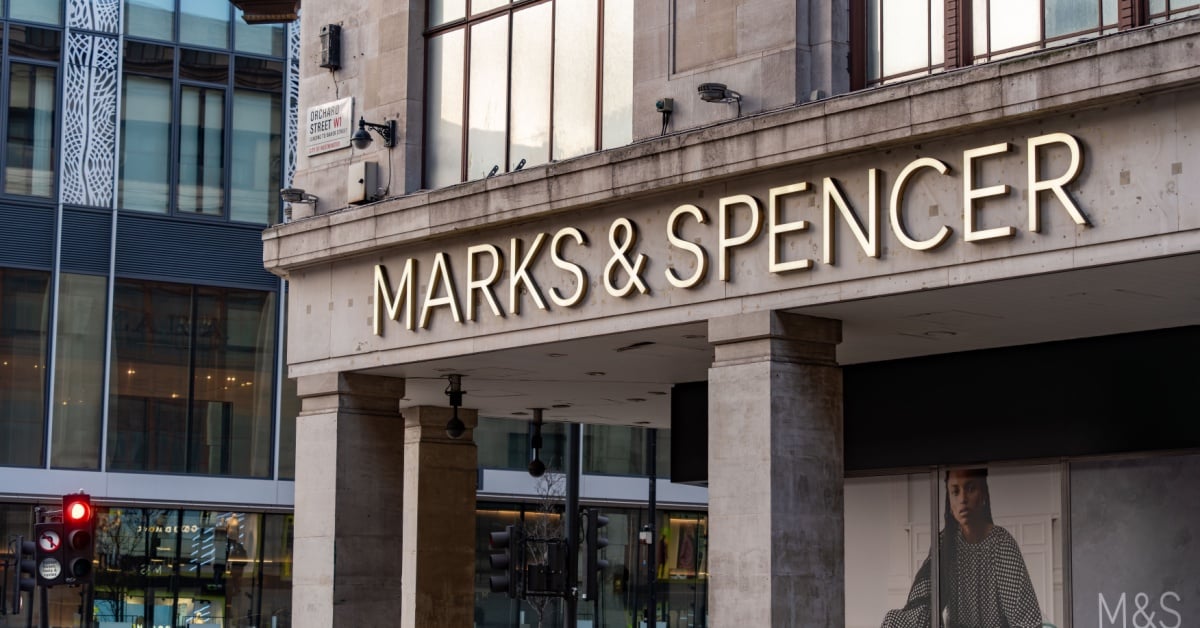
















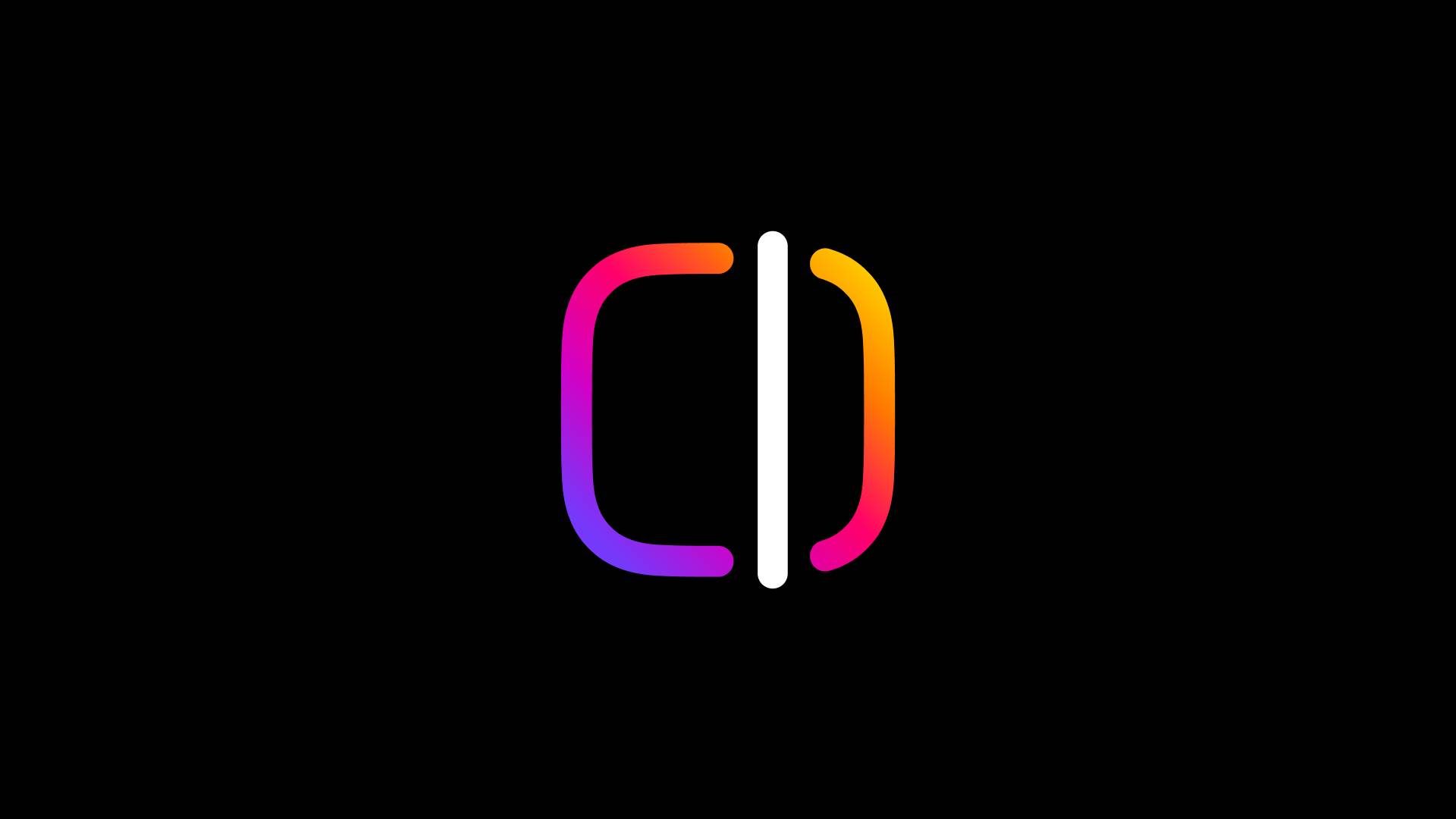


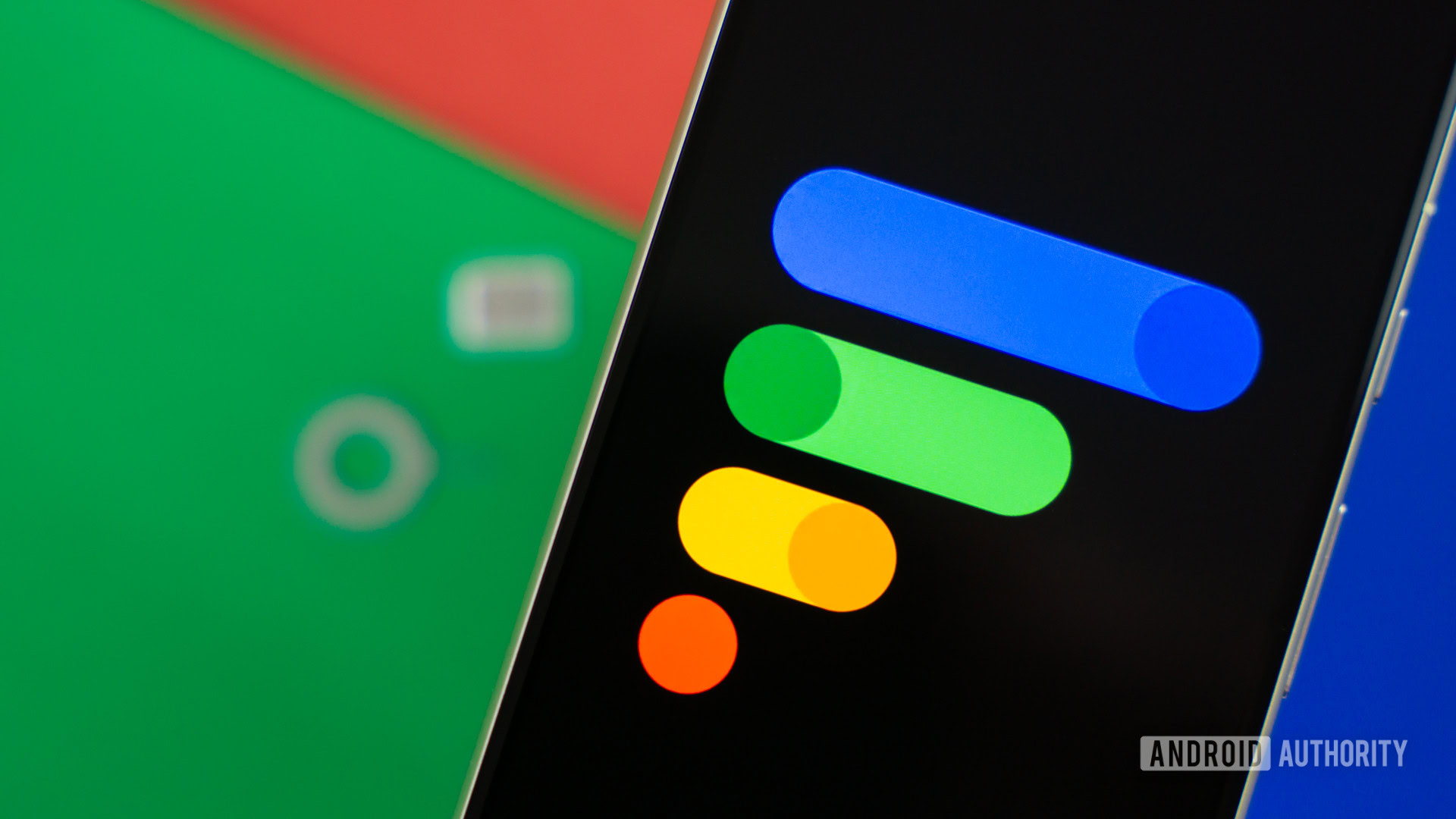
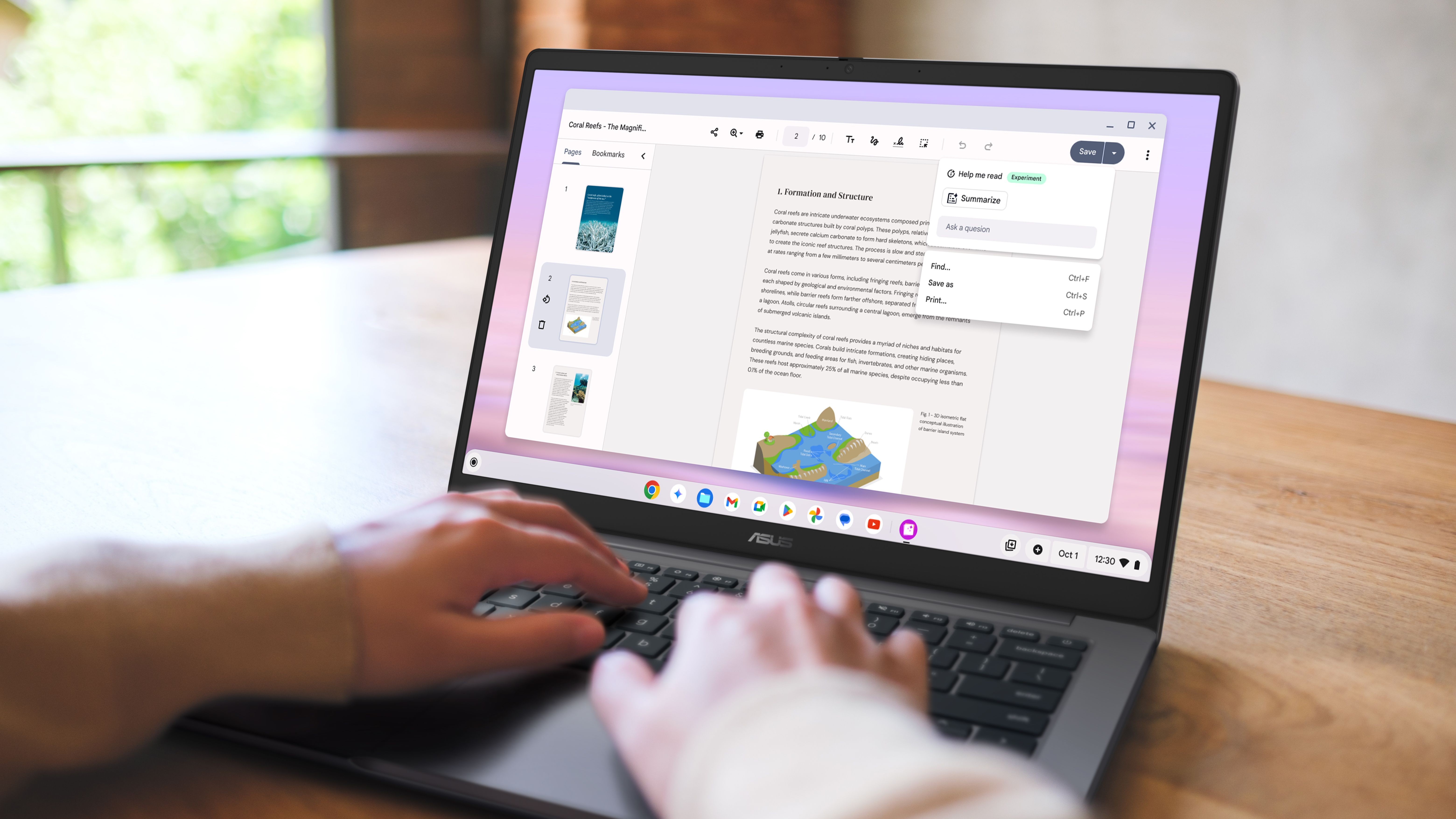
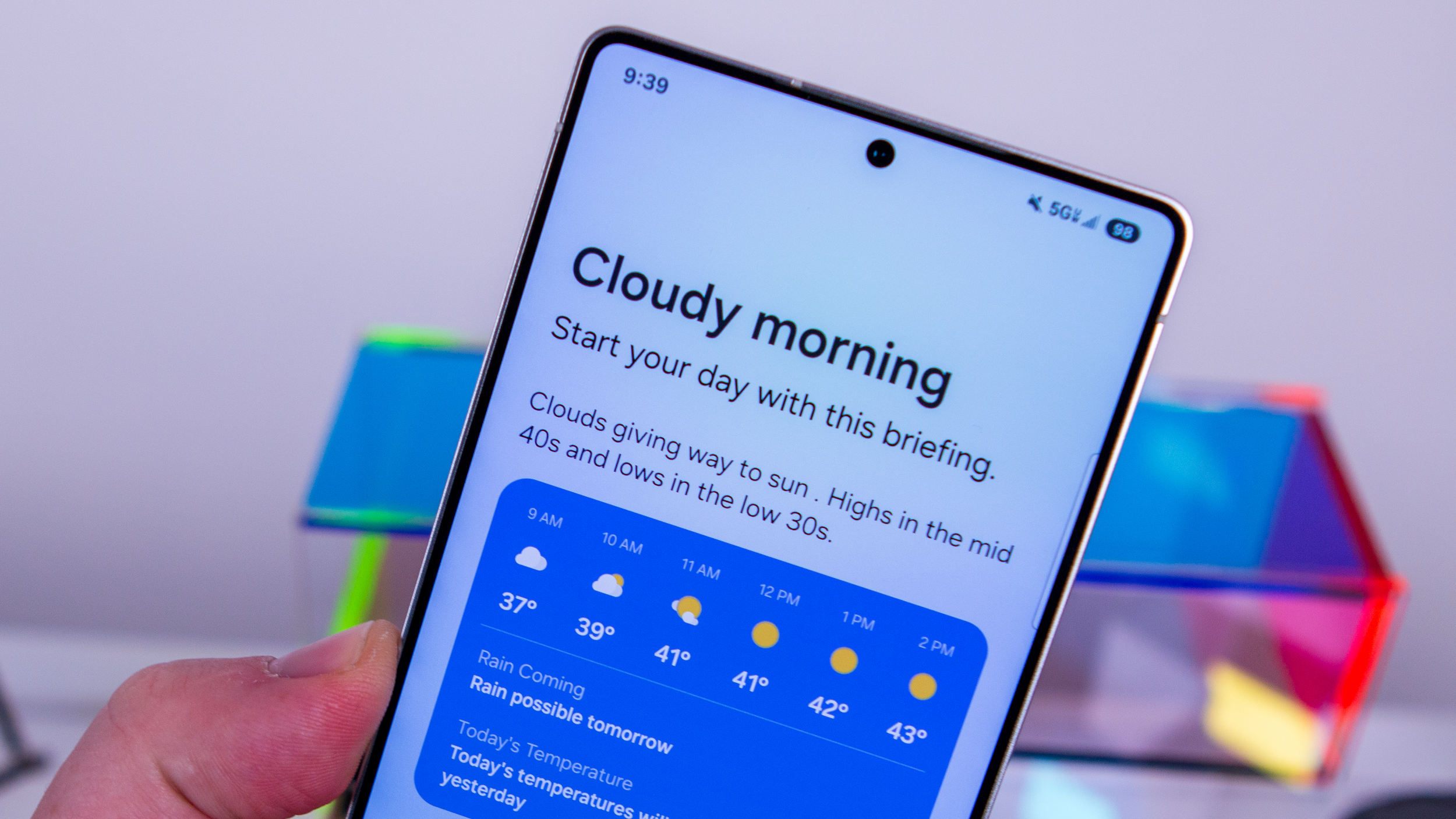
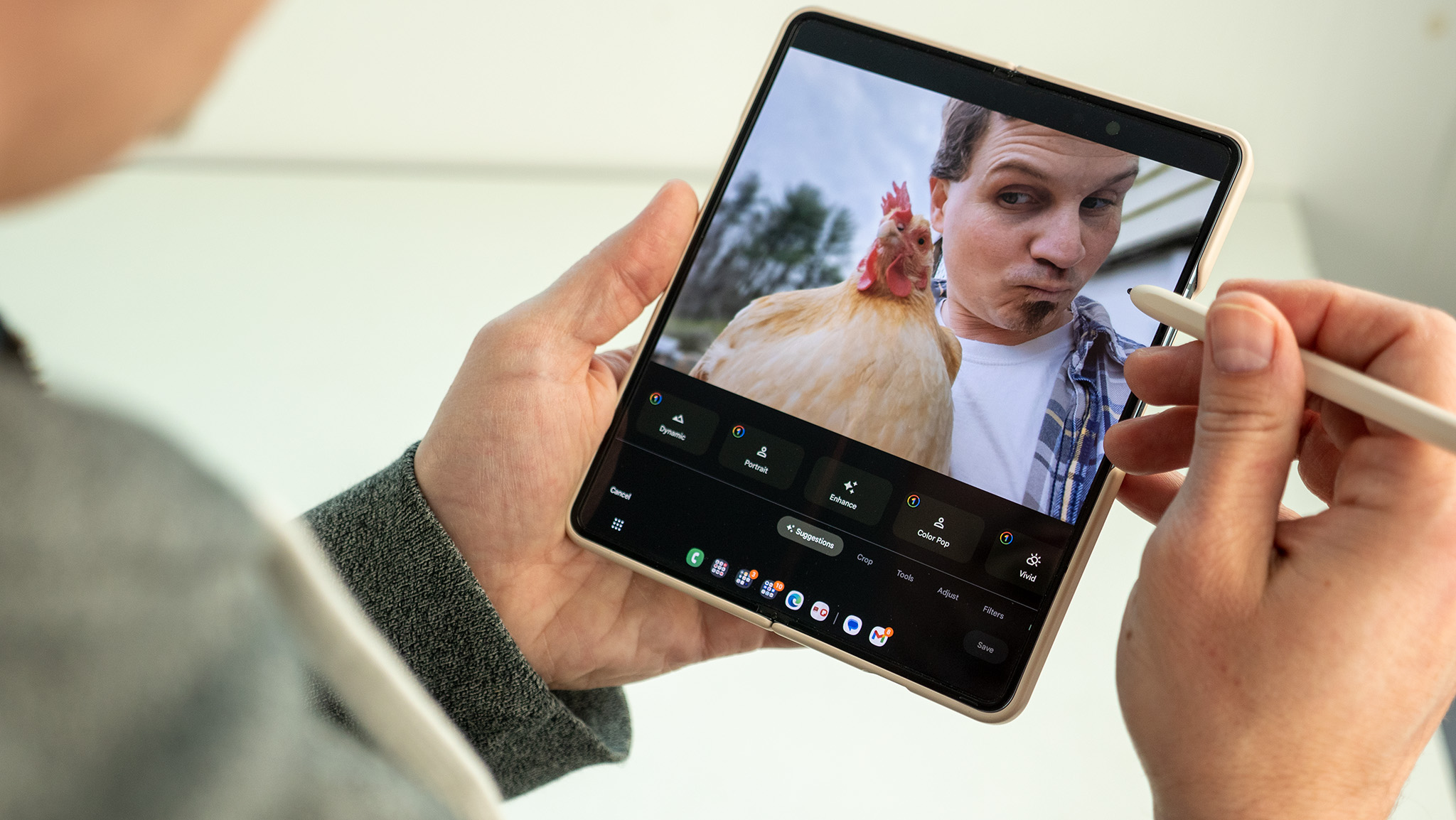
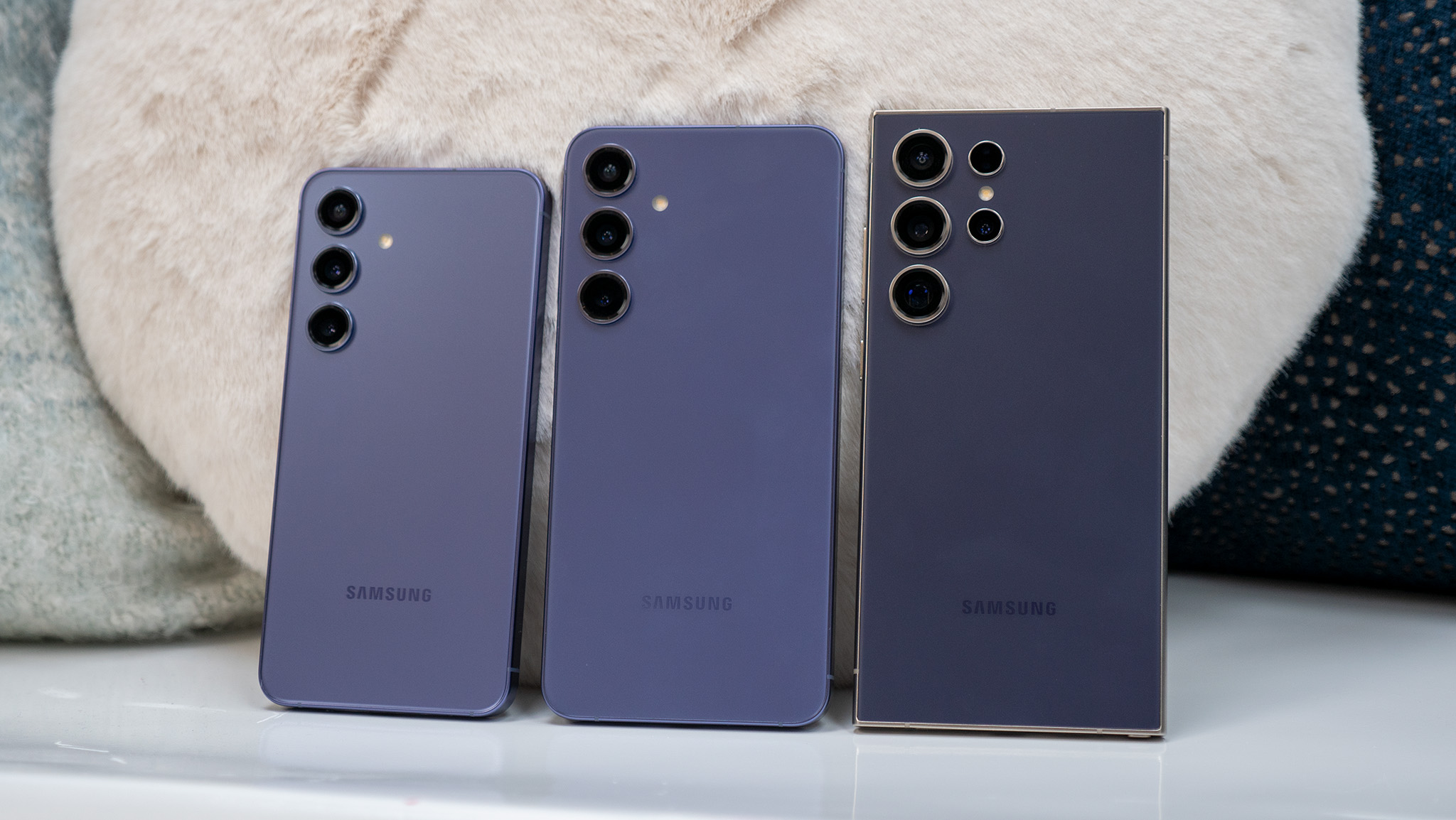
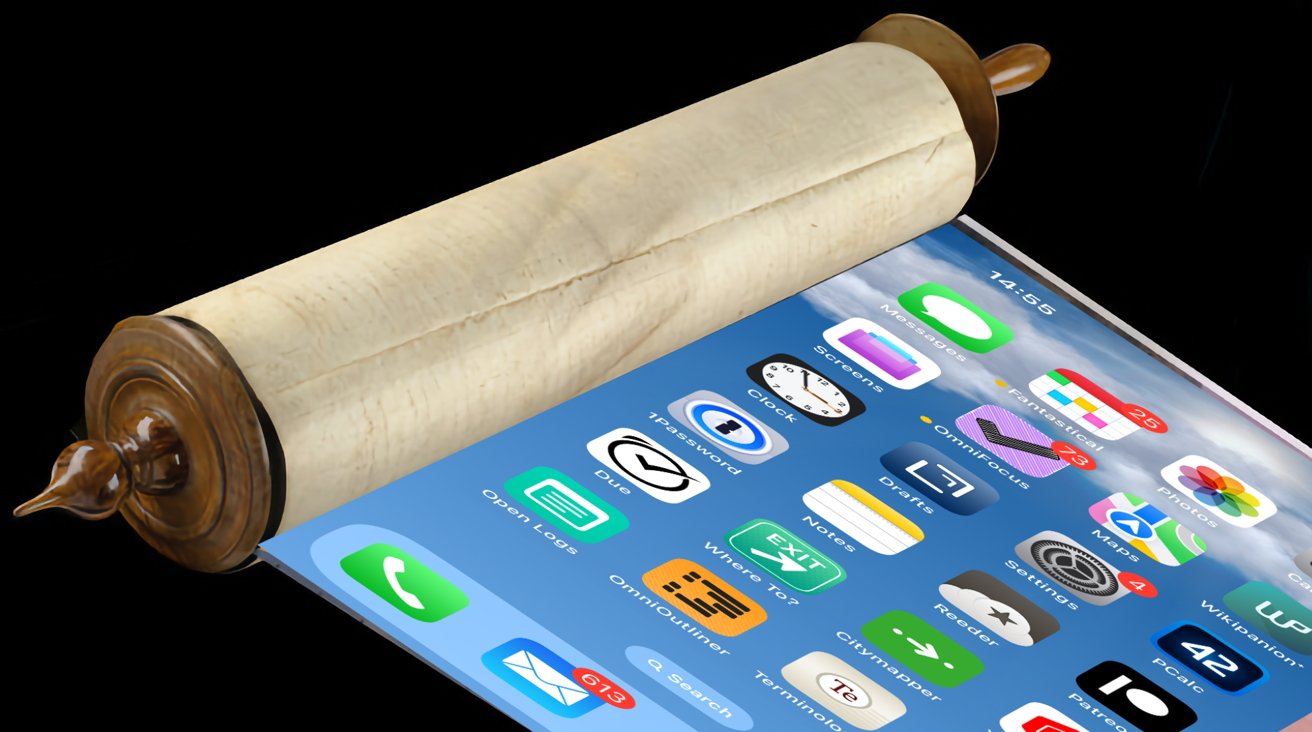
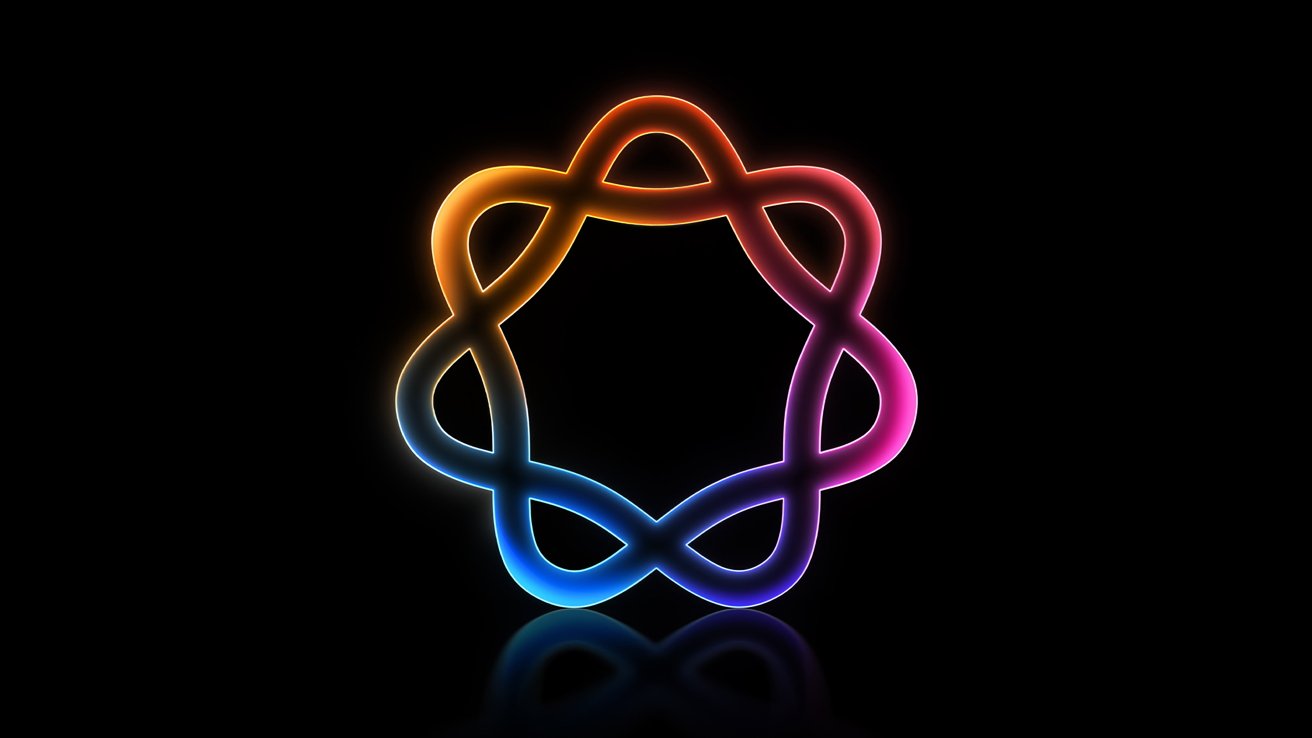
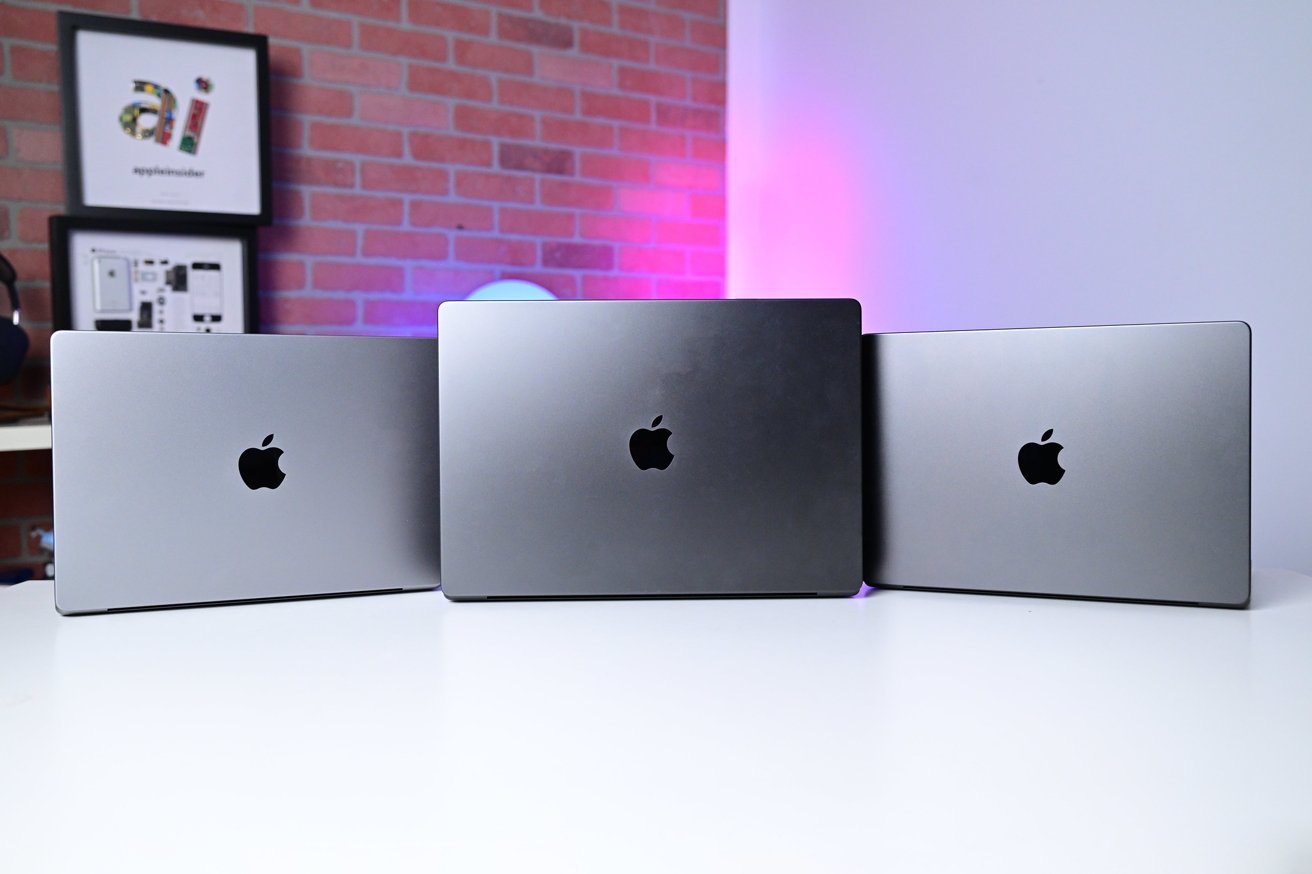
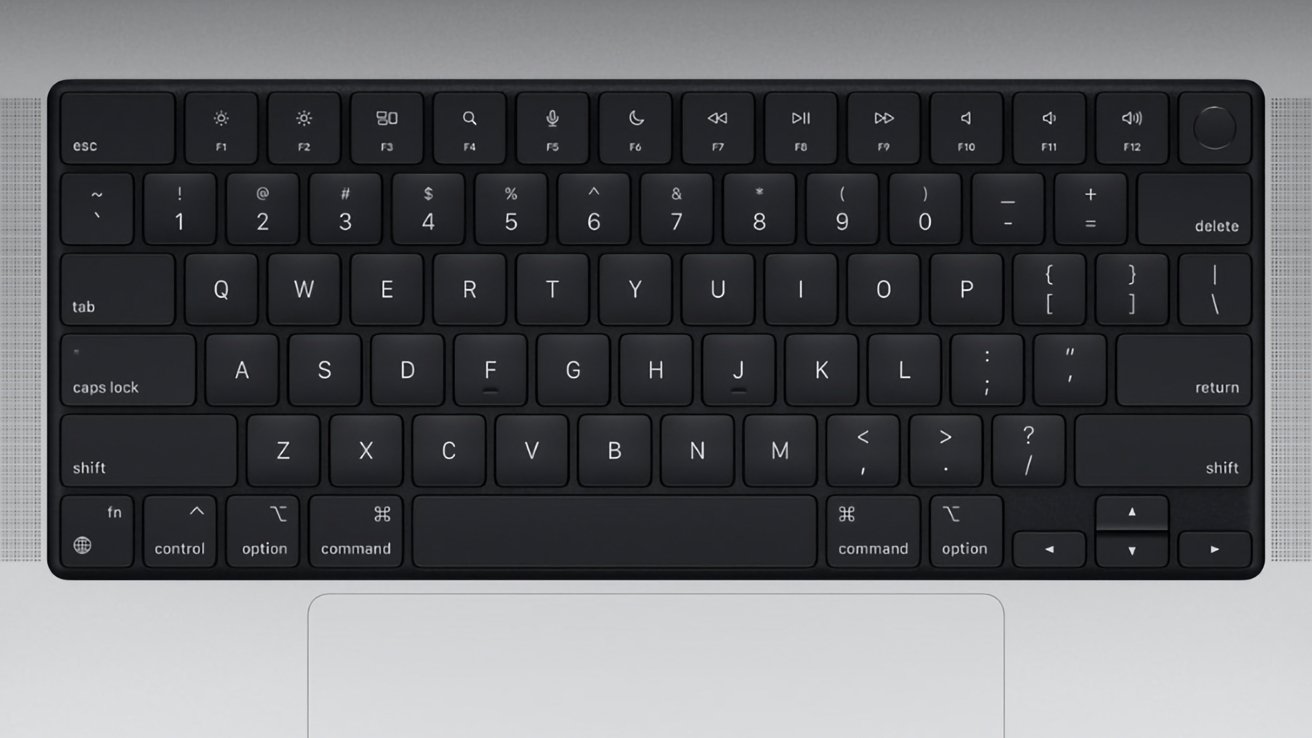
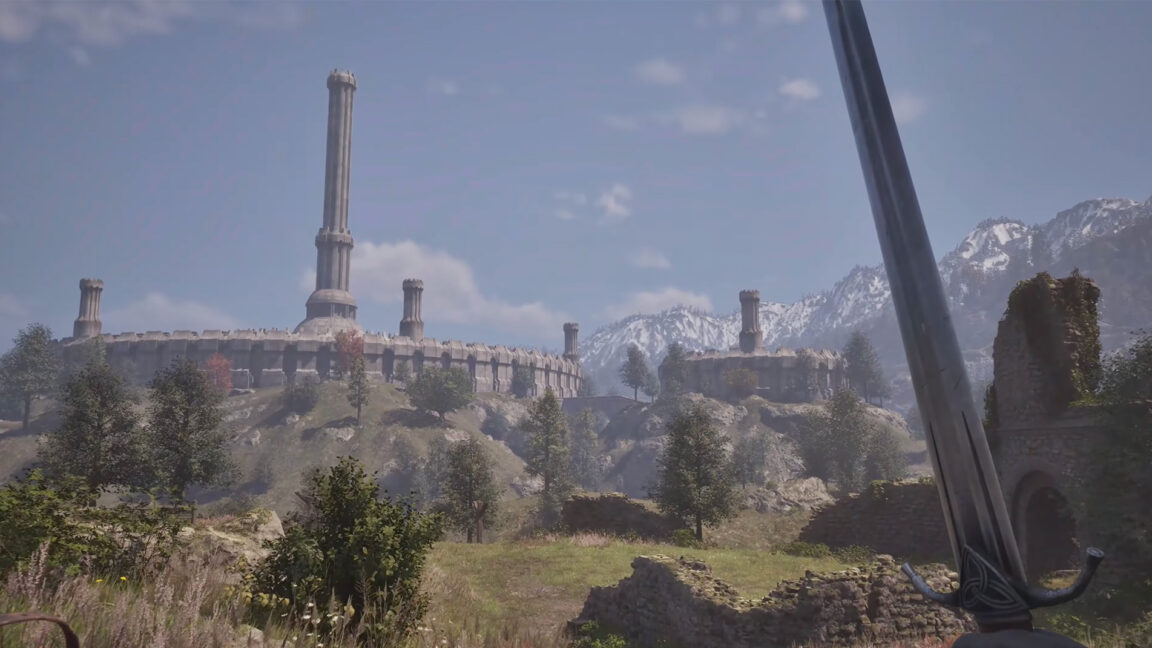
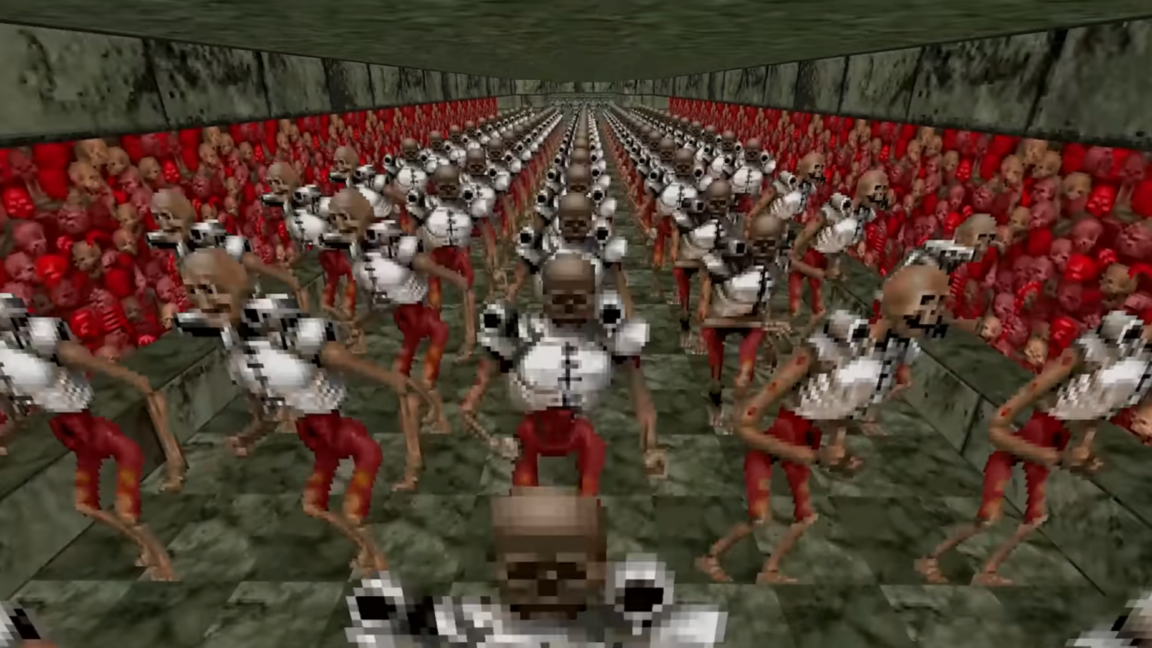
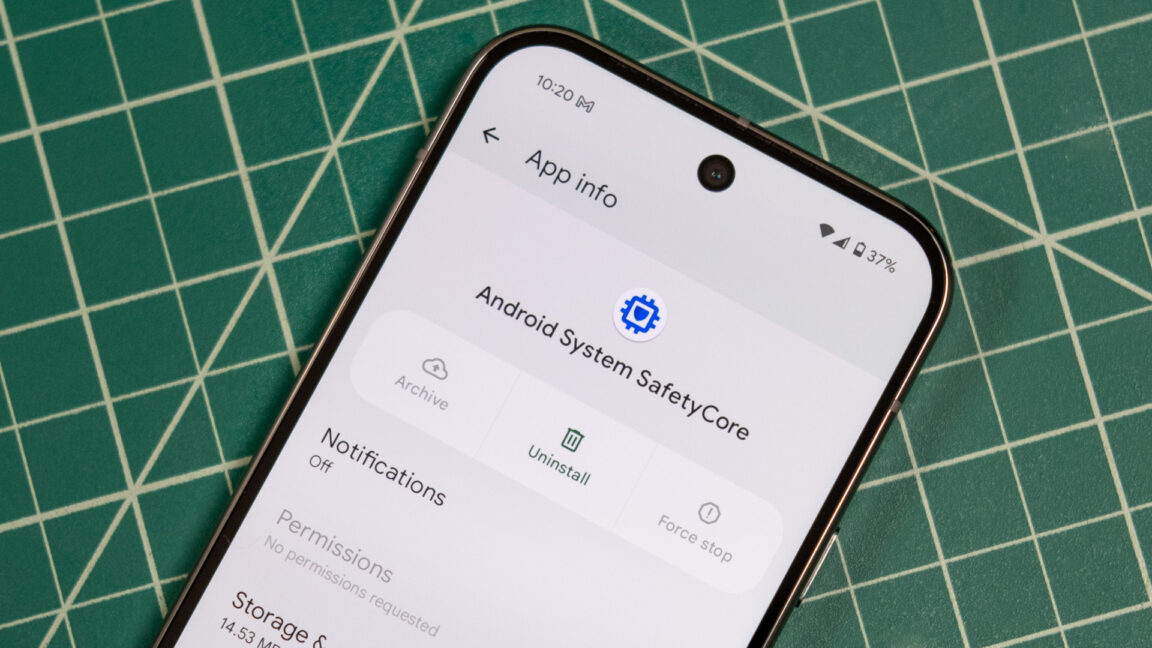
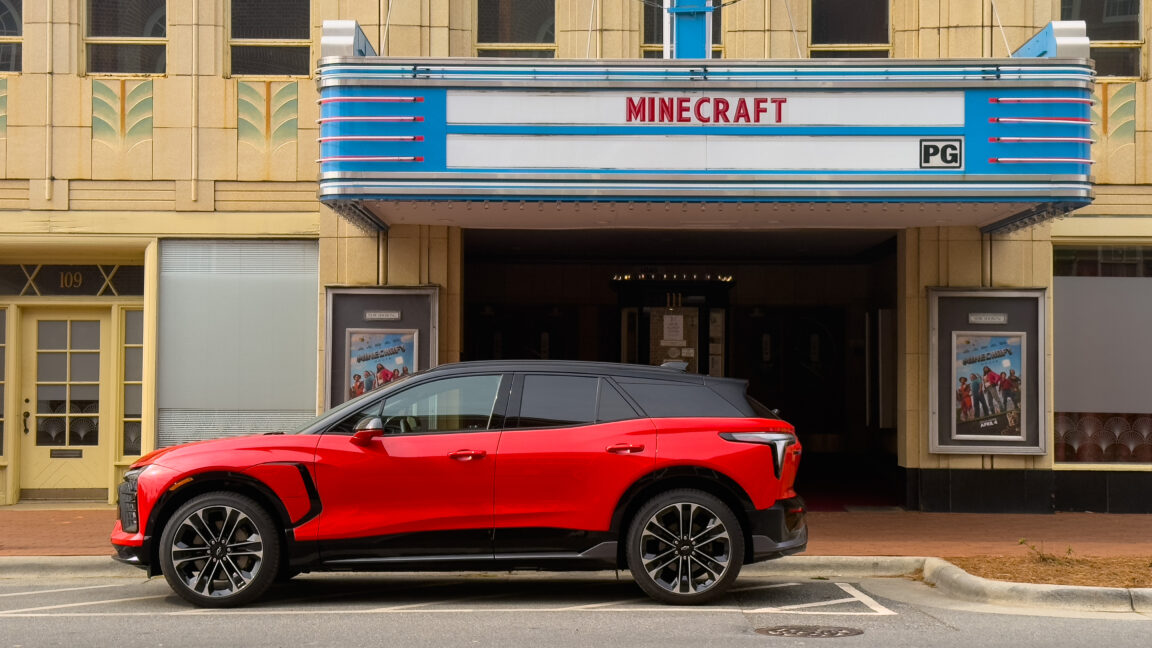
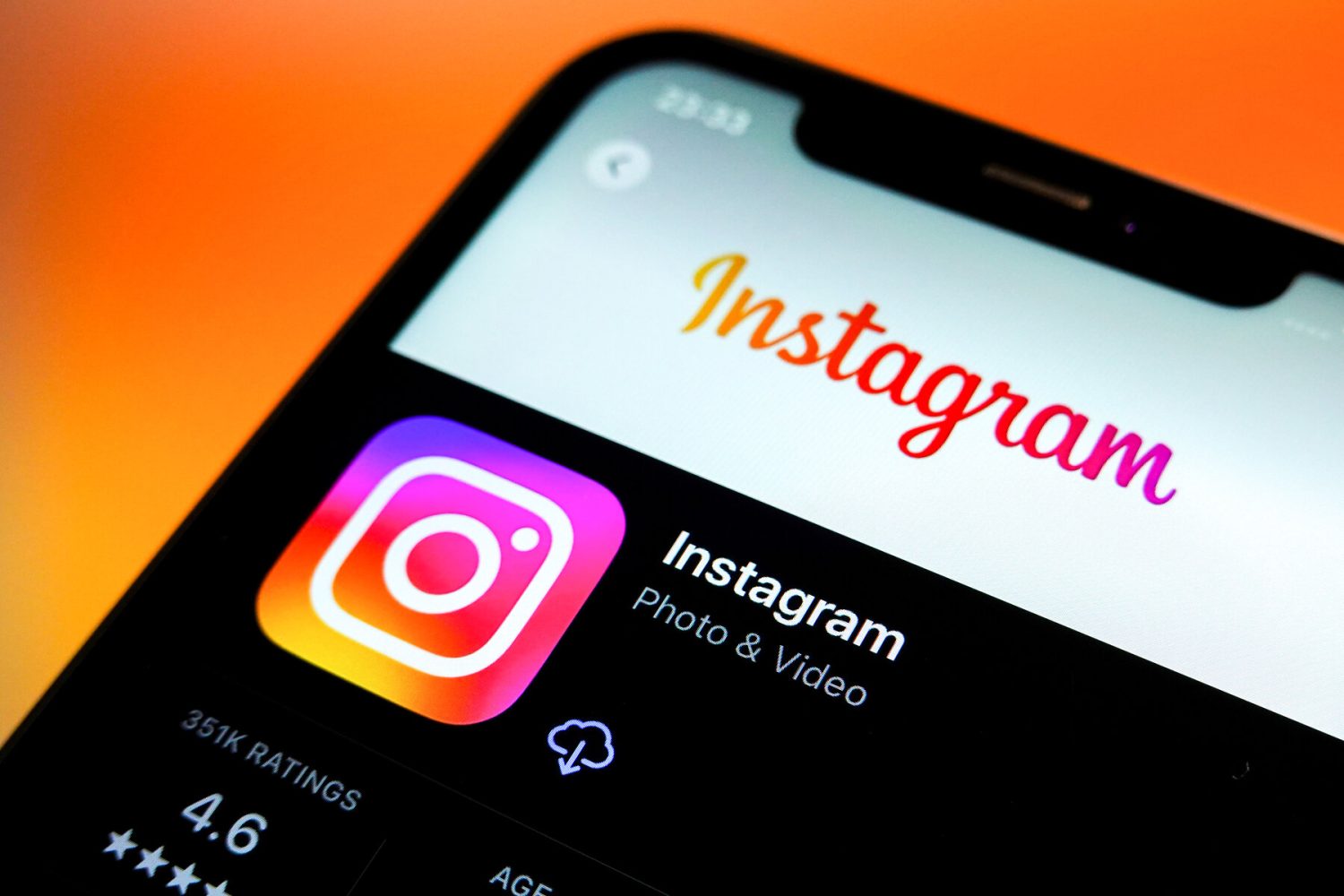
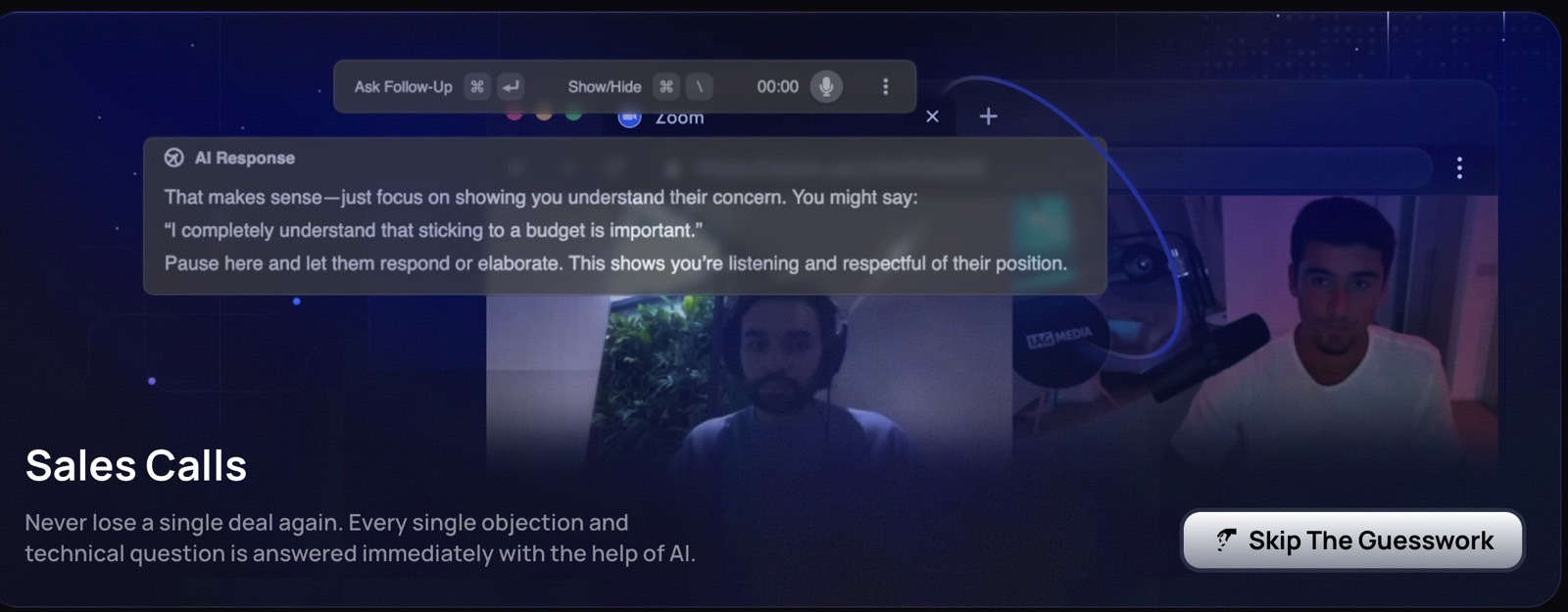




















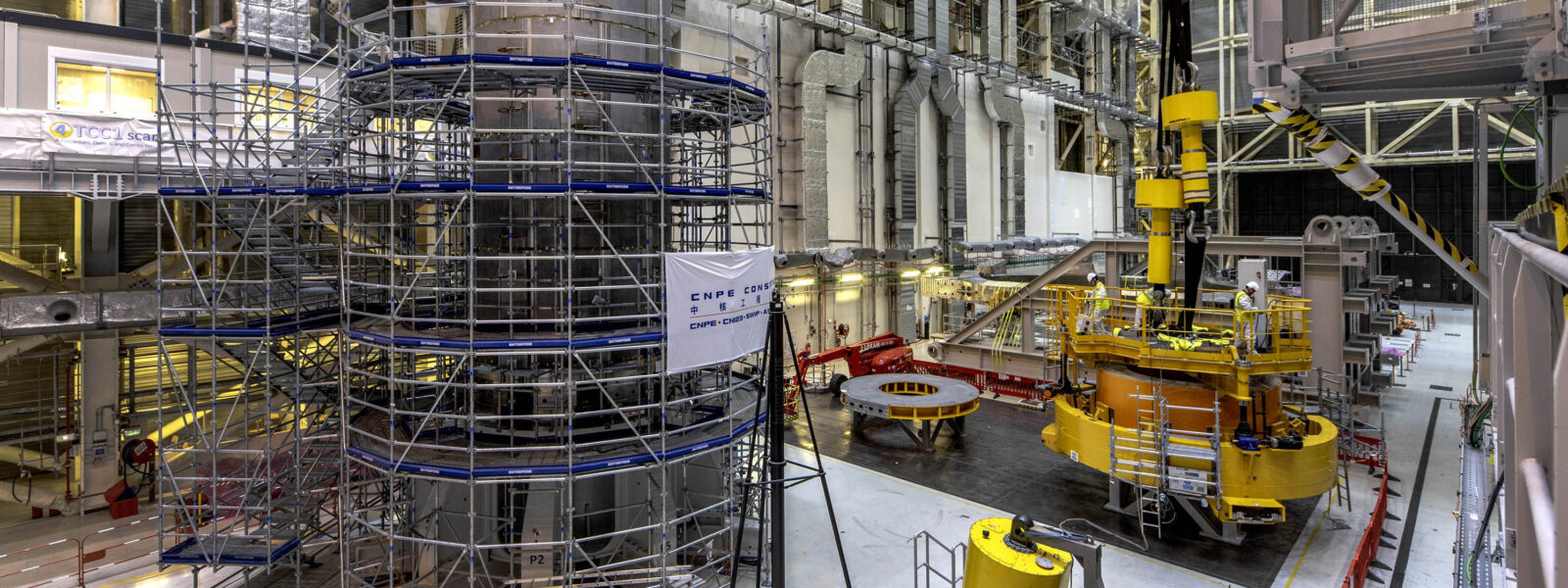














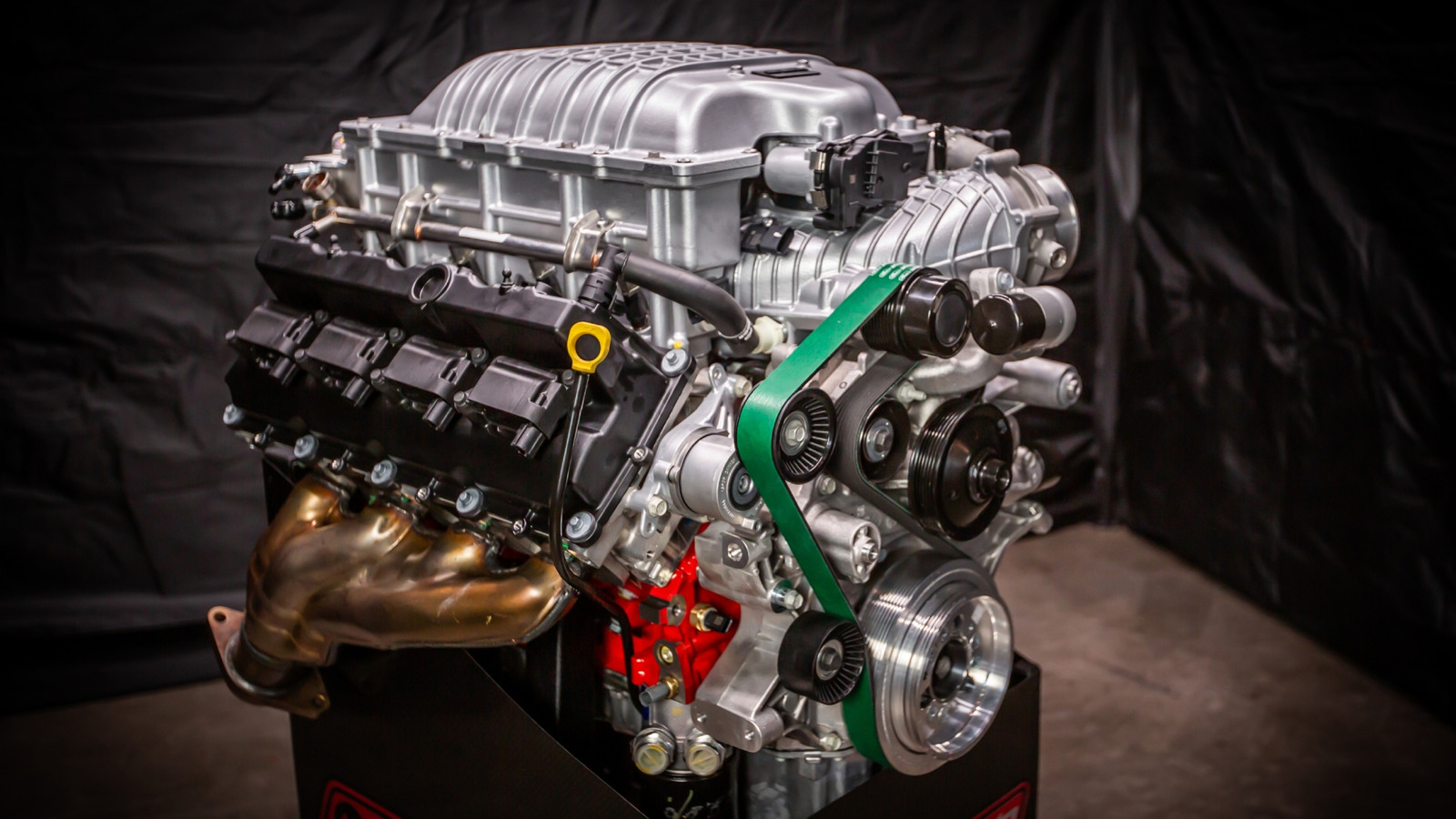


































_Brain_light_Alamy.jpg?width=1280&auto=webp&quality=80&disable=upscale#)
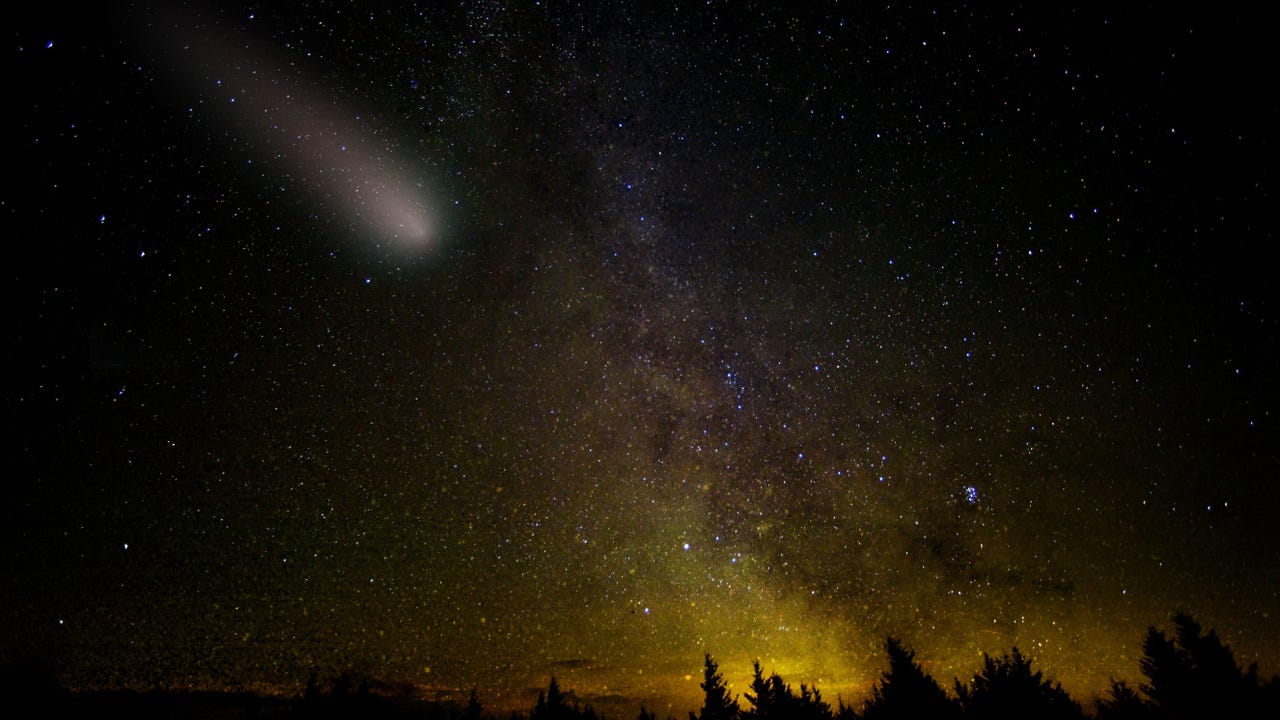
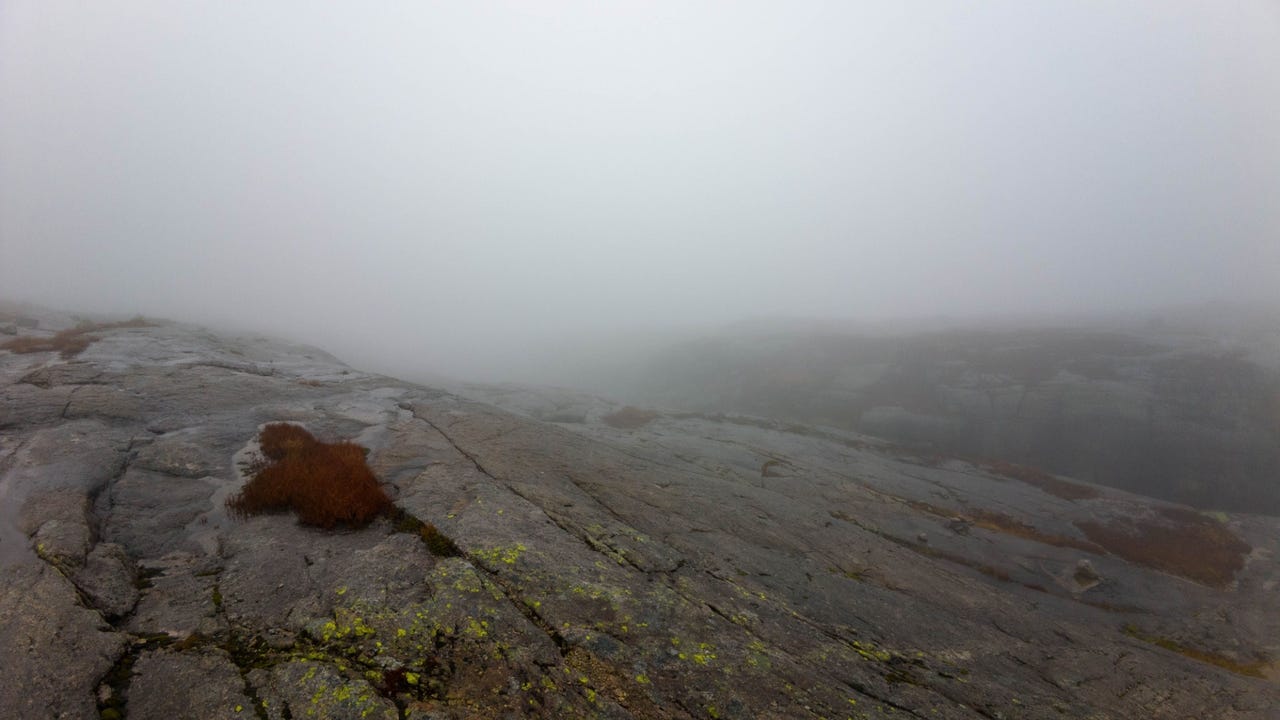















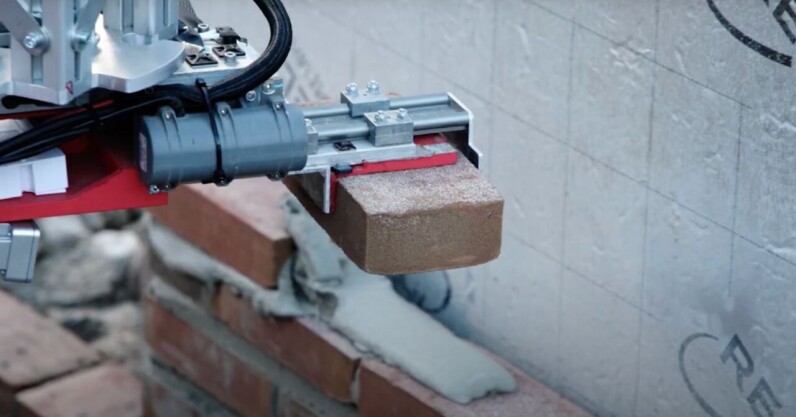




































































![[The AI Show Episode 144]: ChatGPT’s New Memory, Shopify CEO’s Leaked “AI First” Memo, Google Cloud Next Releases, o3 and o4-mini Coming Soon & Llama 4’s Rocky Launch](https://www.marketingaiinstitute.com/hubfs/ep%20144%20cover.png)


























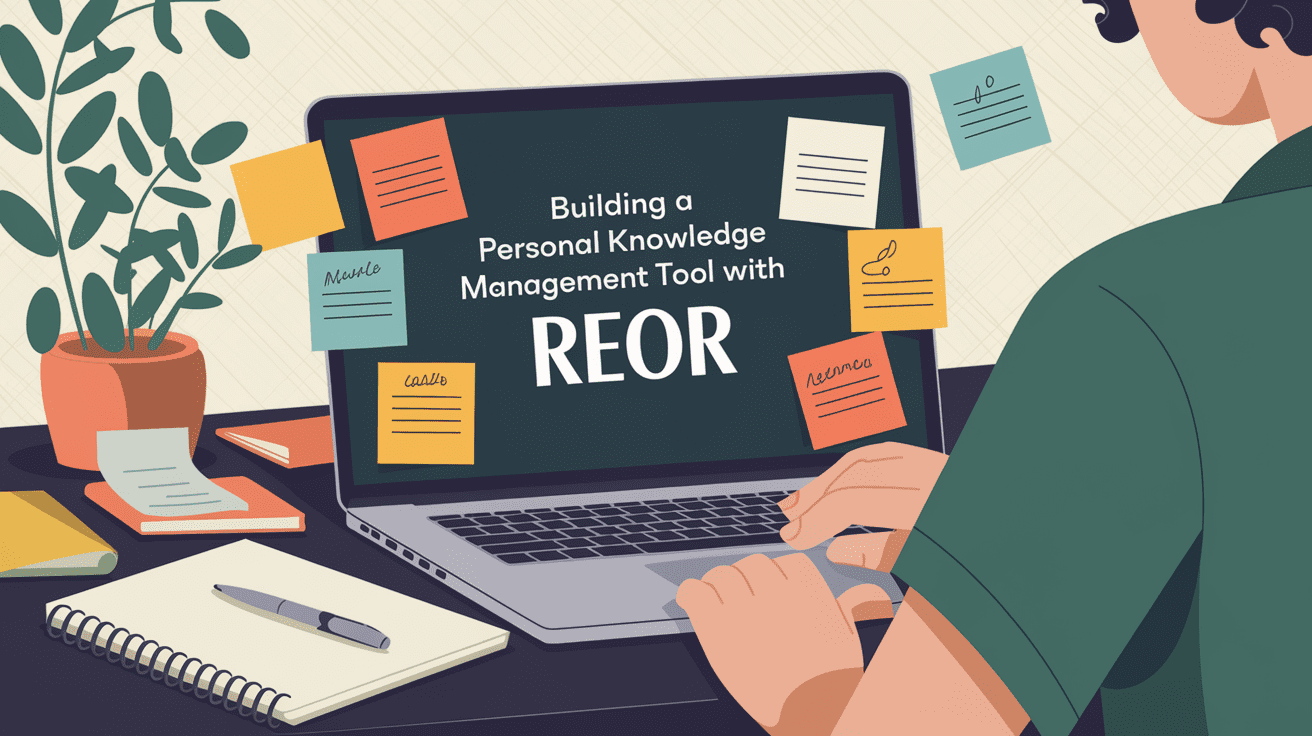

























































































![BPMN-procesmodellering [closed]](https://i.sstatic.net/l7l8q49F.png)
















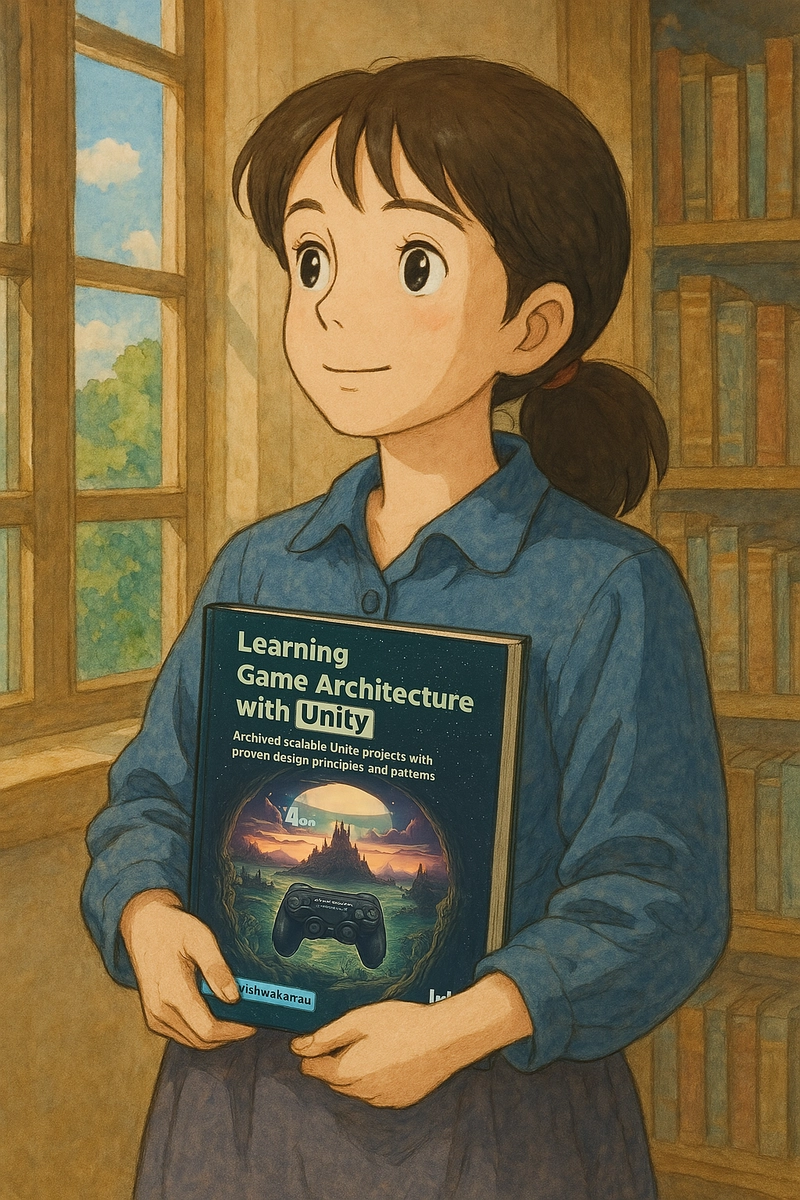
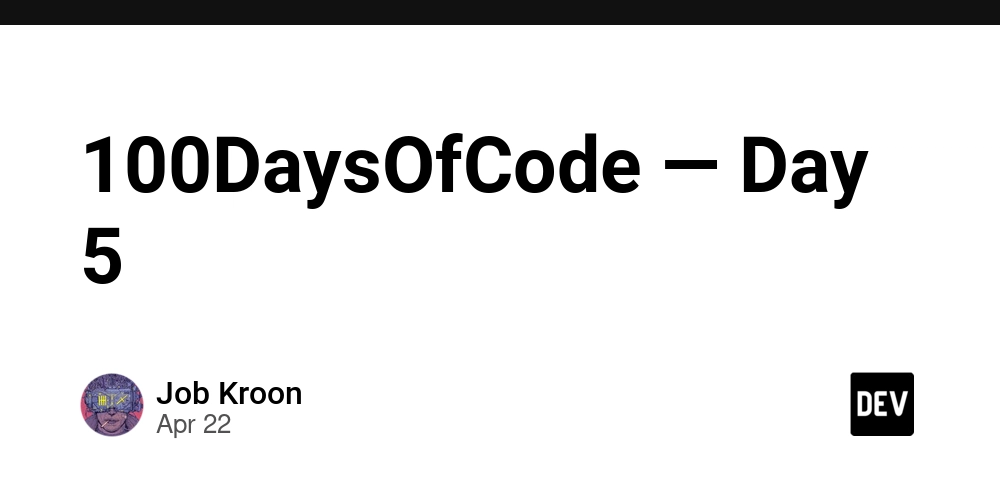
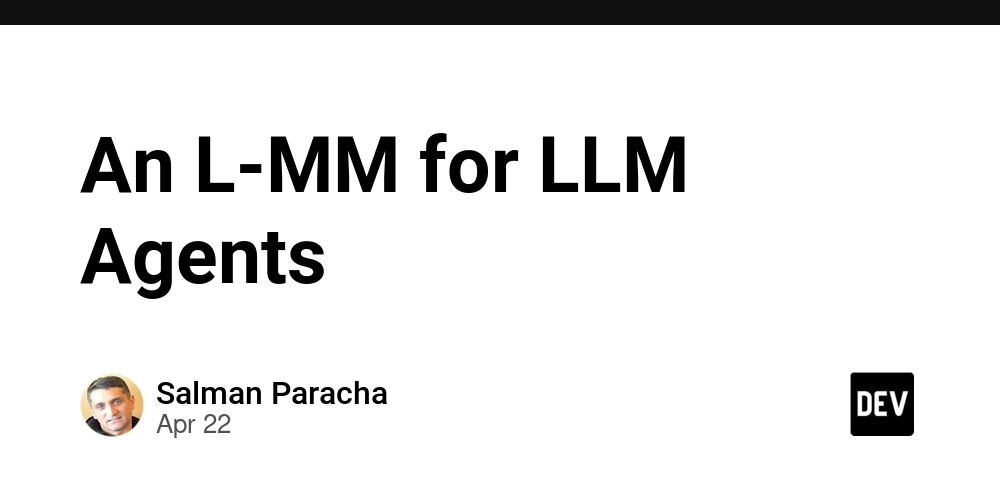
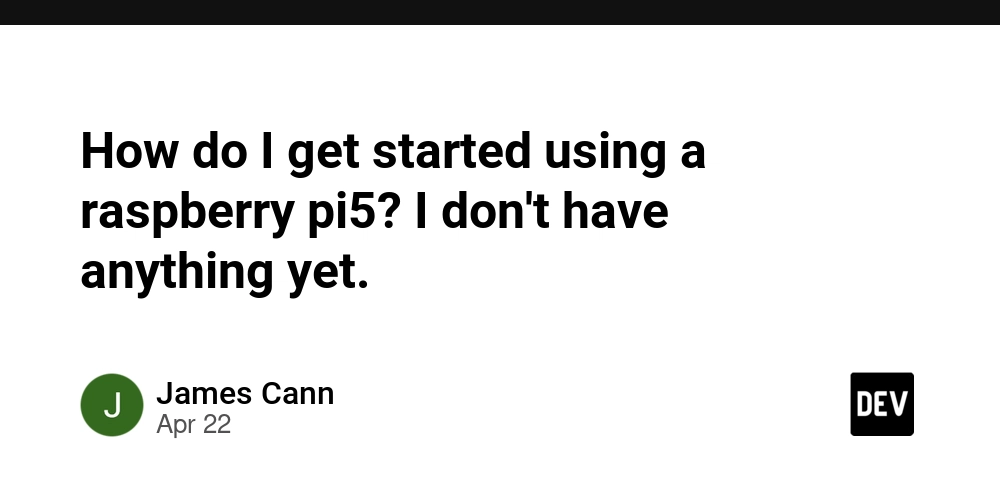












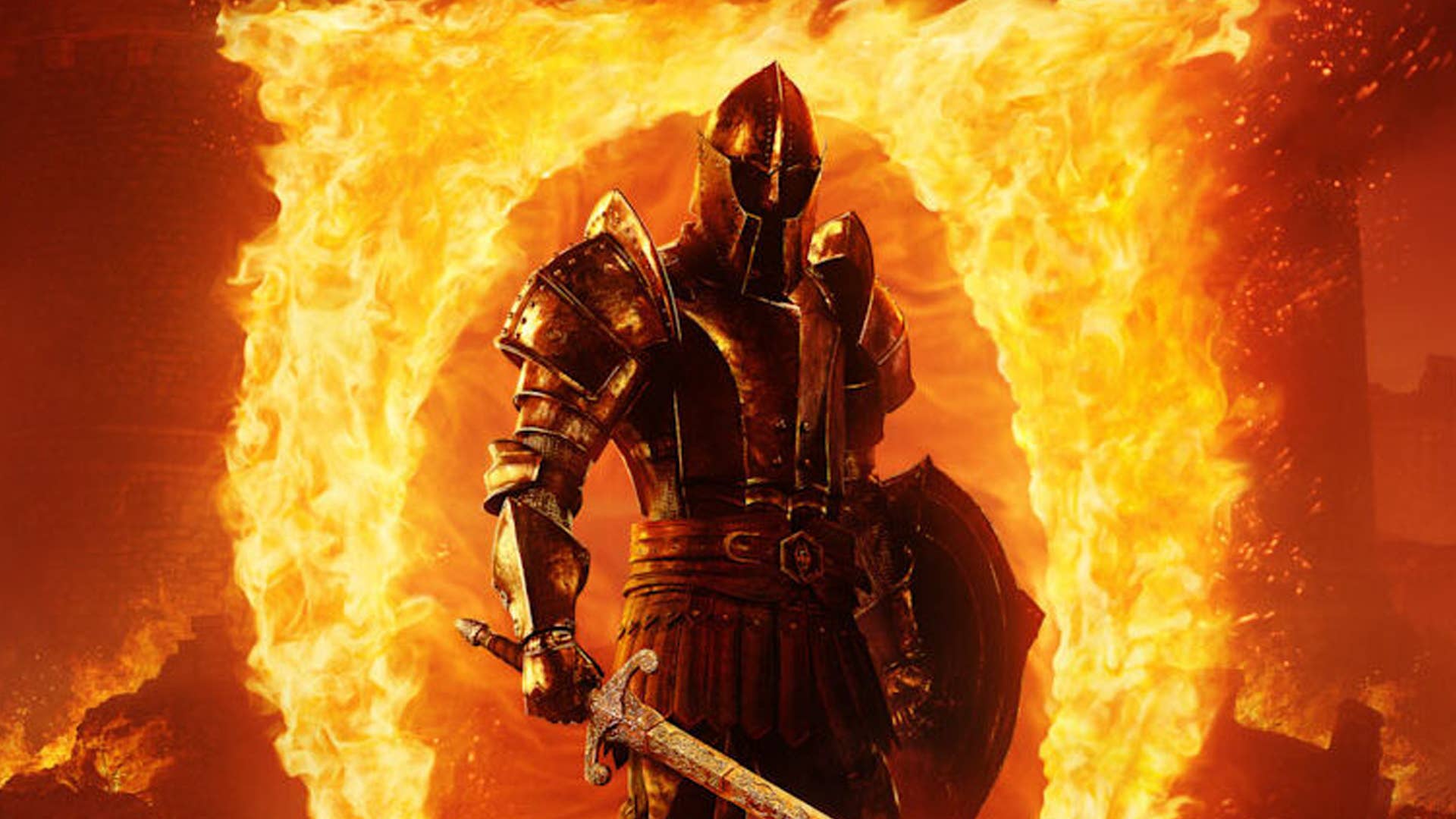
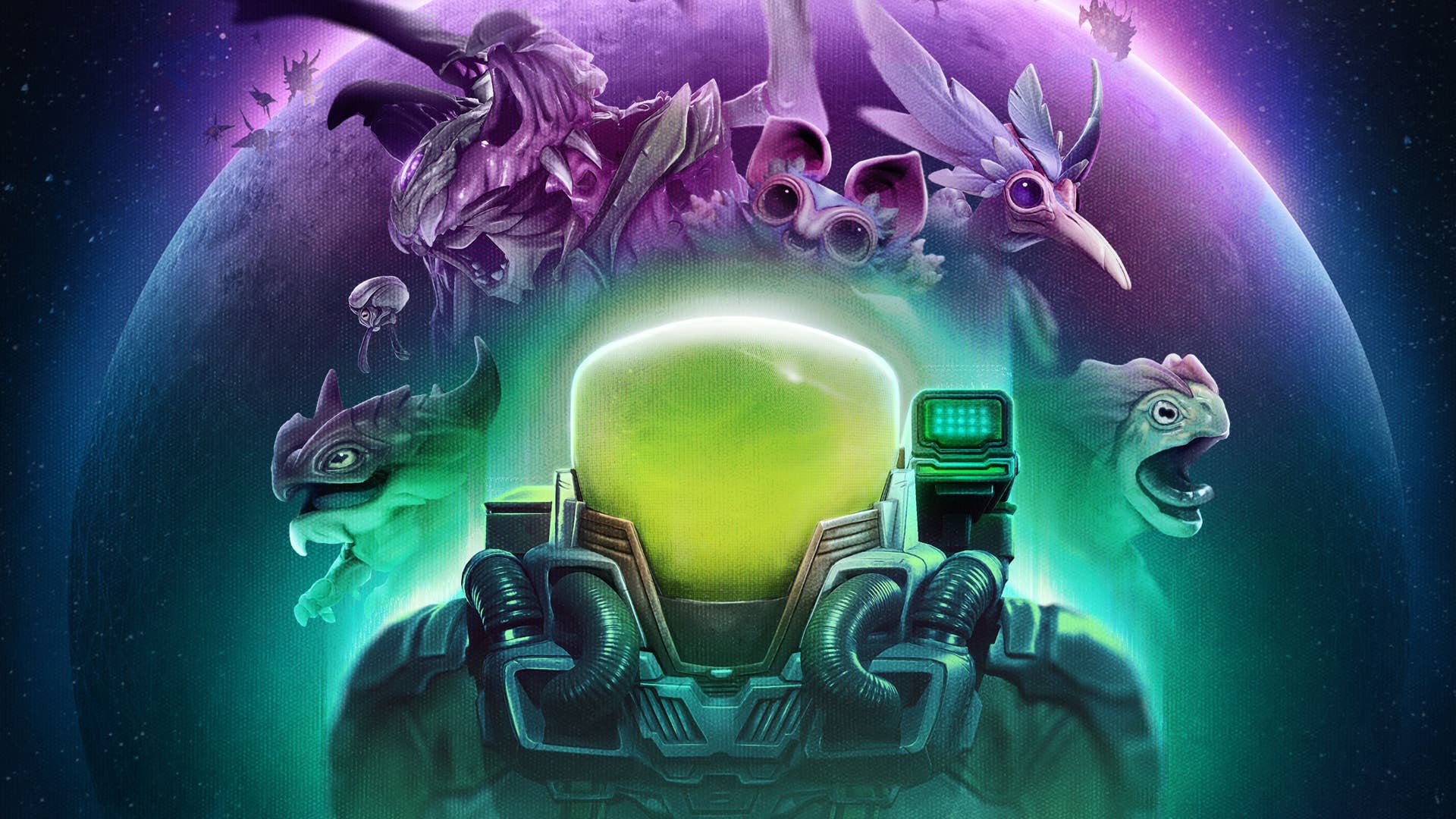










-All-will-be-revealed-00-35-05.png?width=1920&height=1920&fit=bounds&quality=70&format=jpg&auto=webp#)


-Jack-Black---Steve's-Lava-Chicken-(Official-Music-Video)-A-Minecraft-Movie-Soundtrack-WaterTower-00-00-32_lMoQ1fI.png?width=1920&height=1920&fit=bounds&quality=70&format=jpg&auto=webp#)







.jpg?#)












